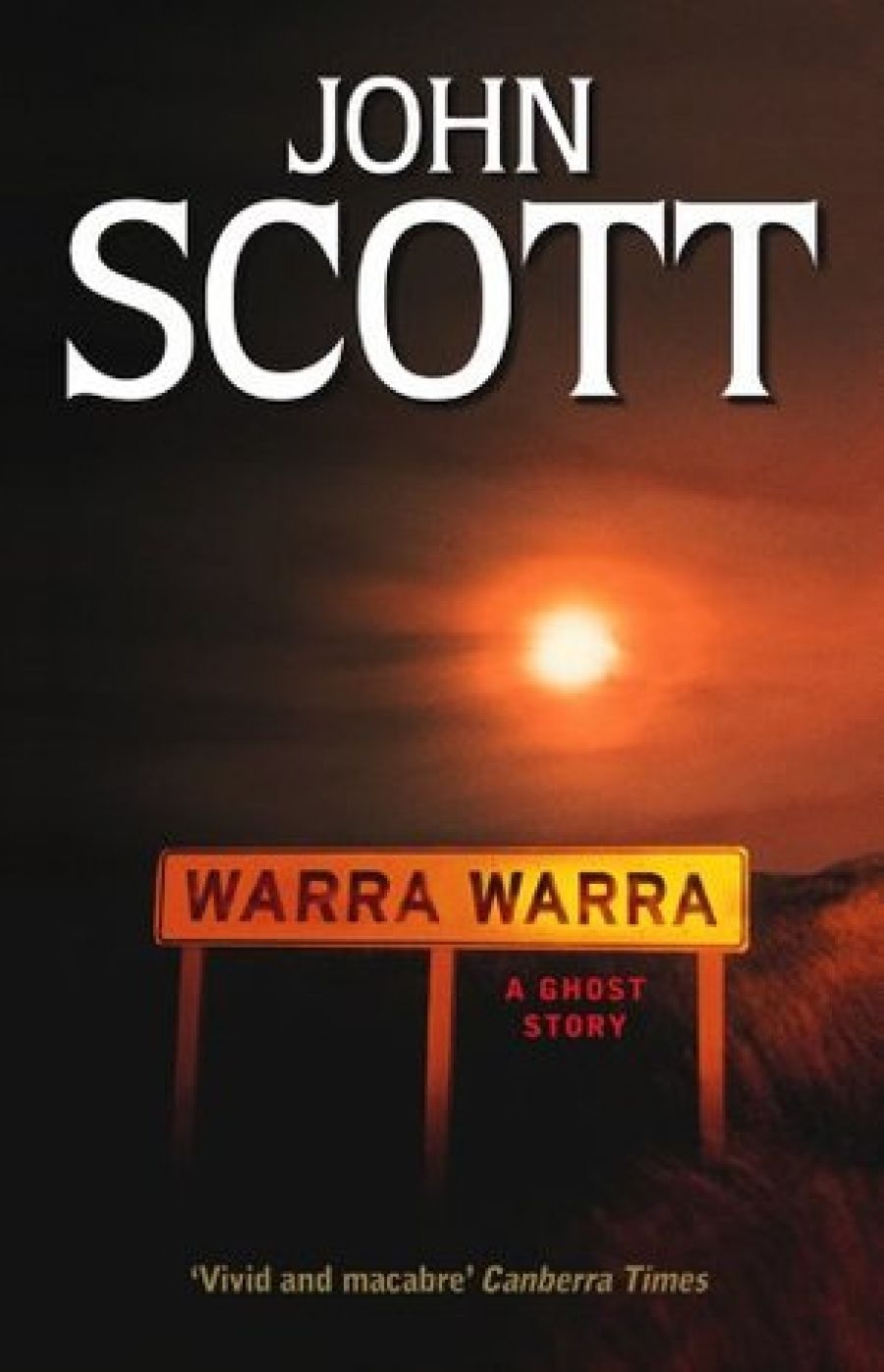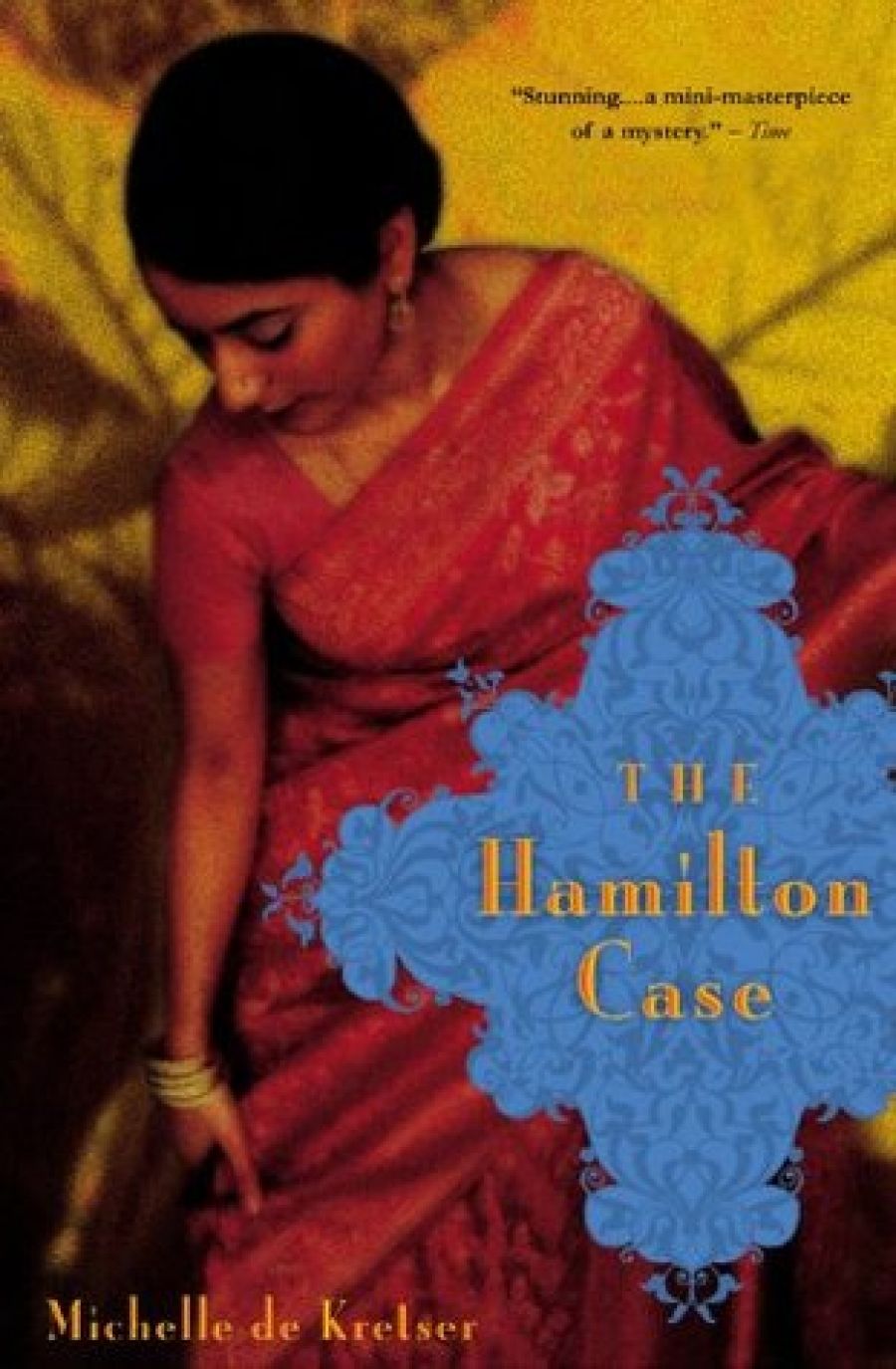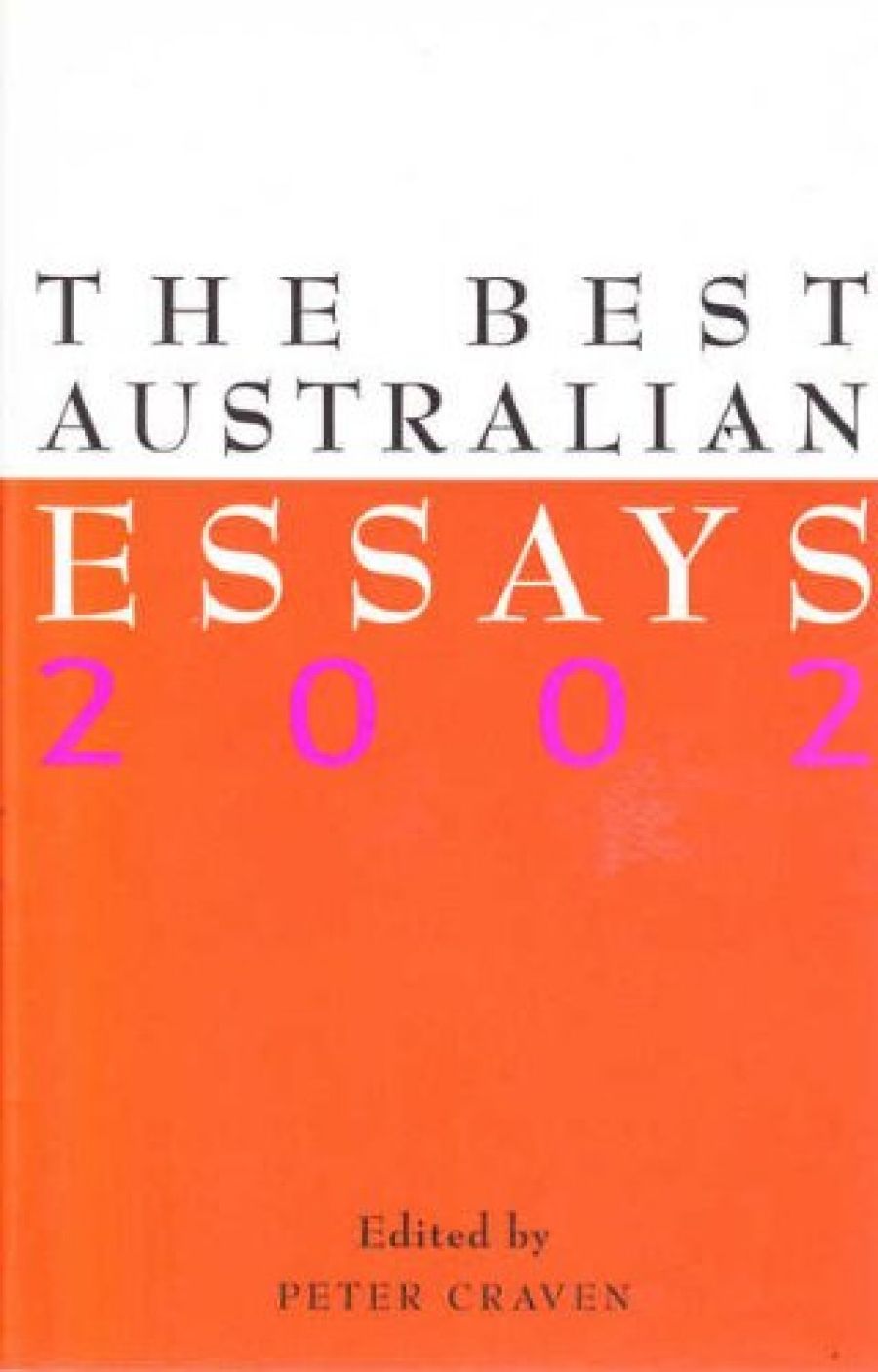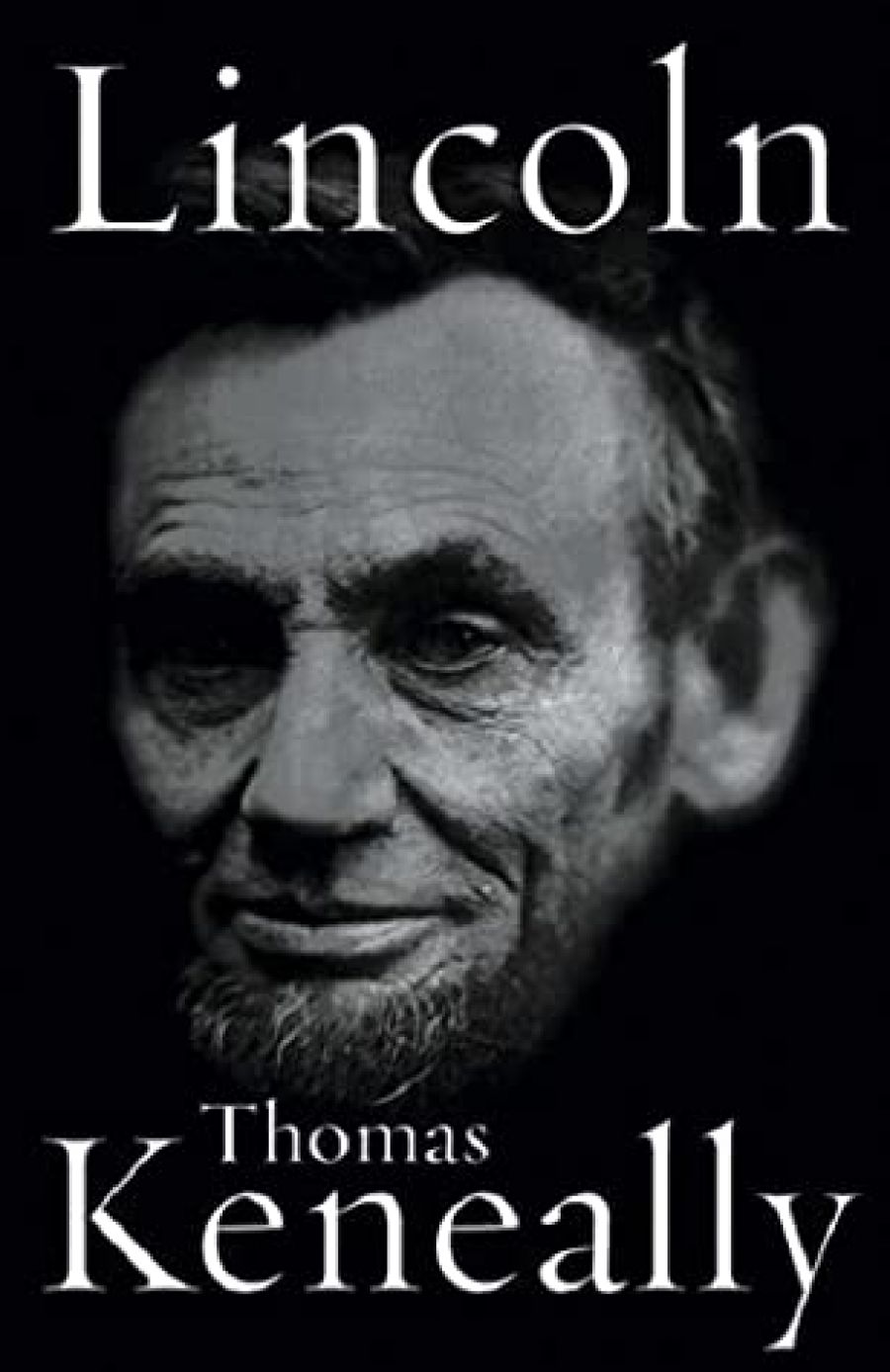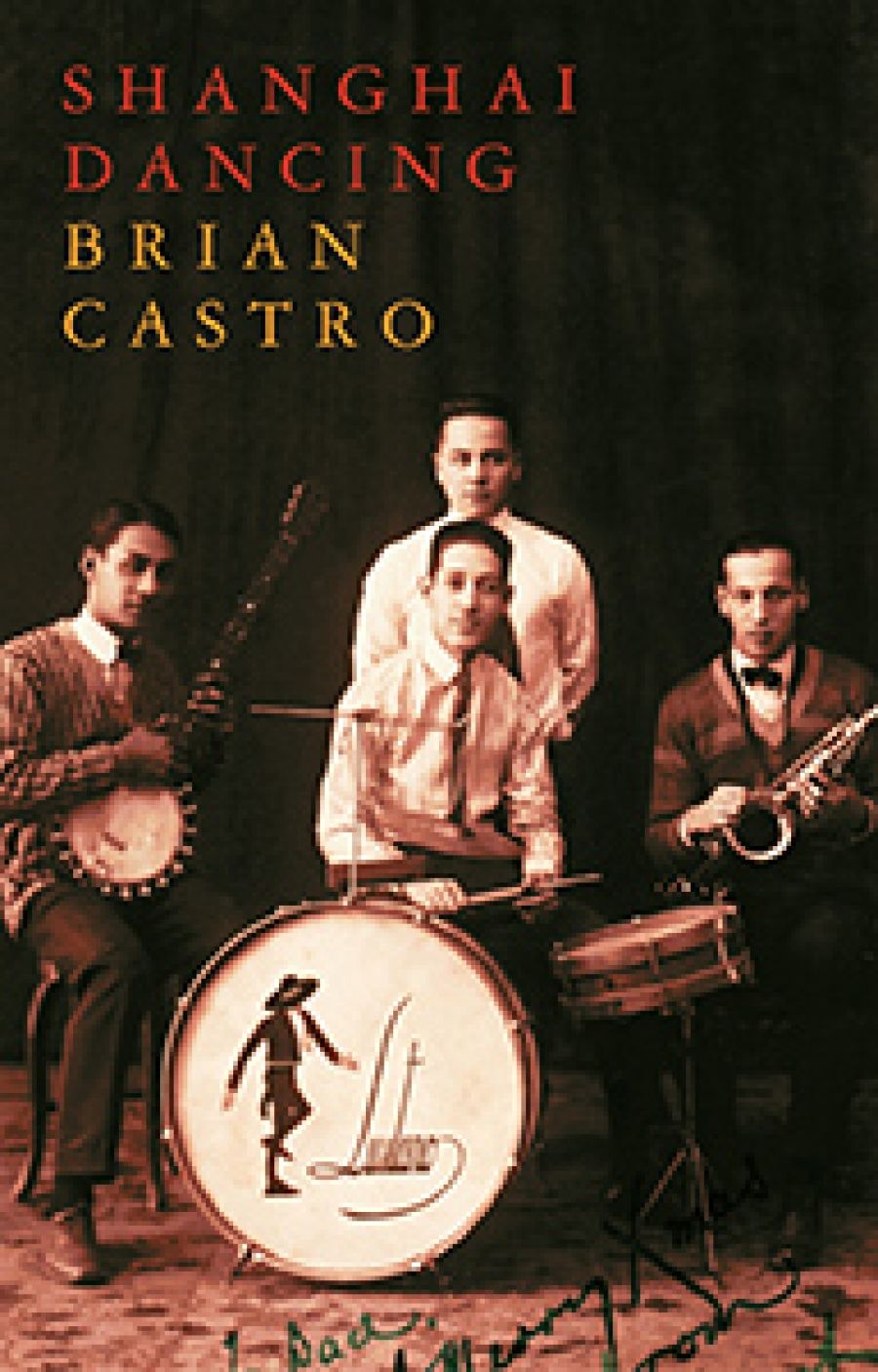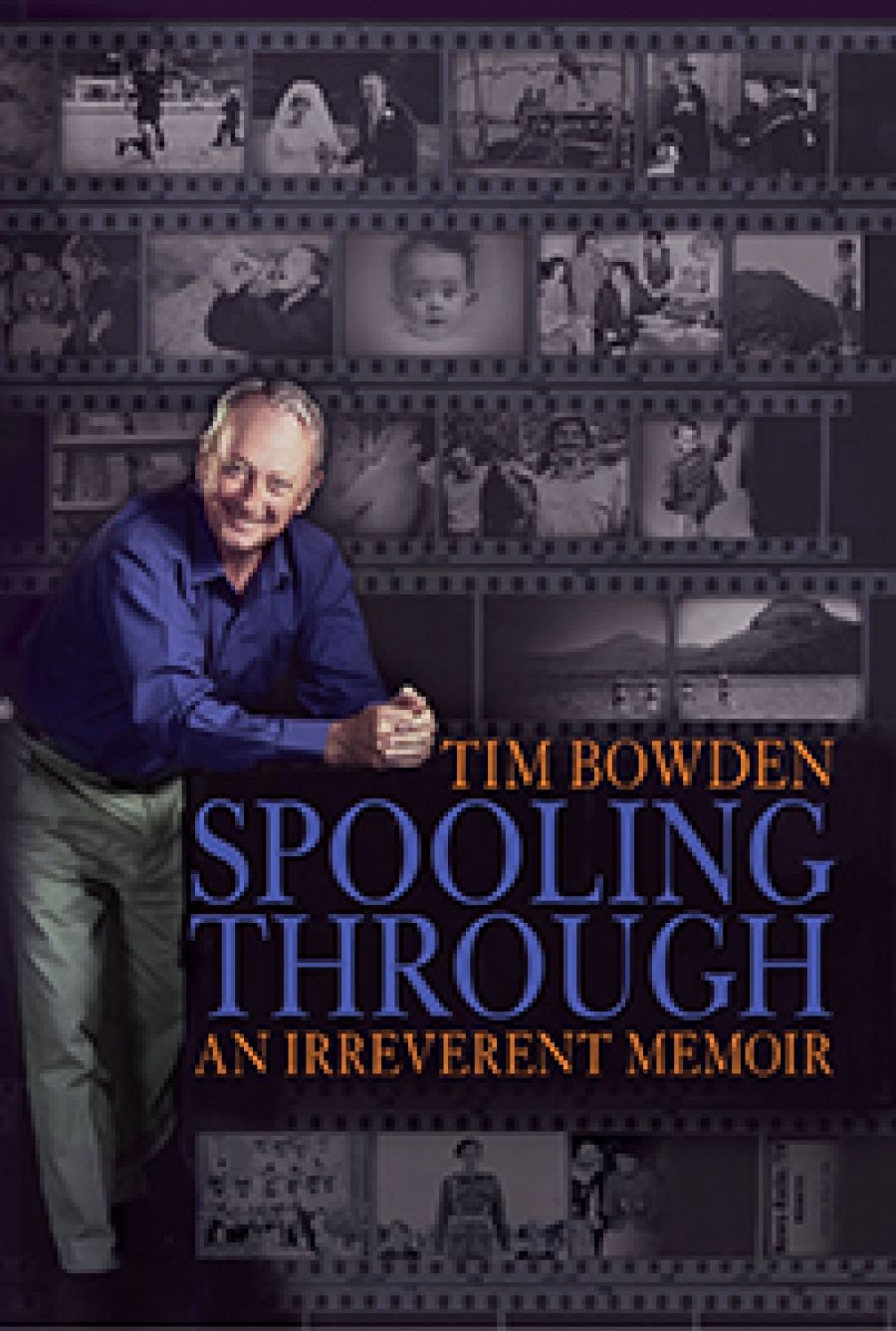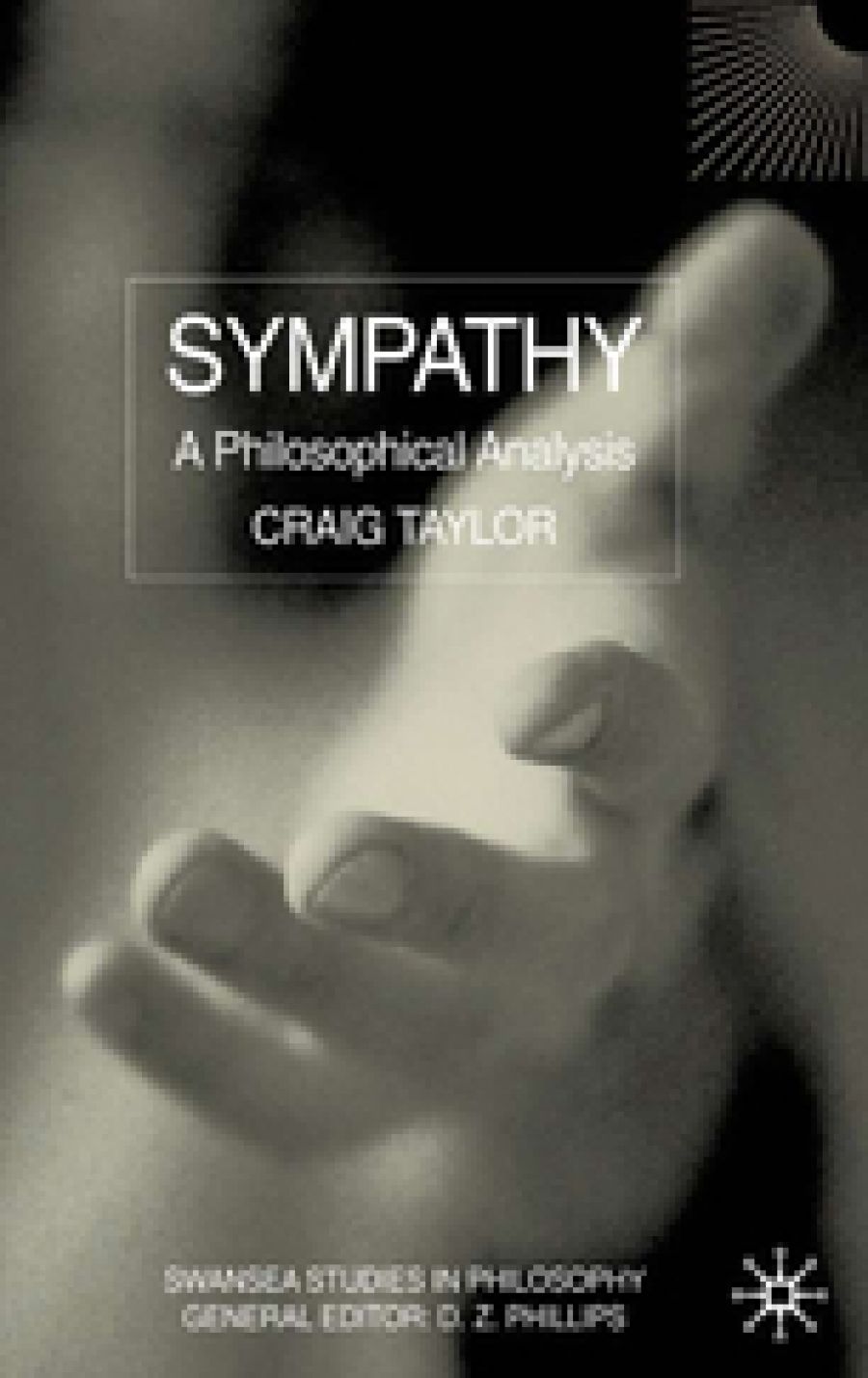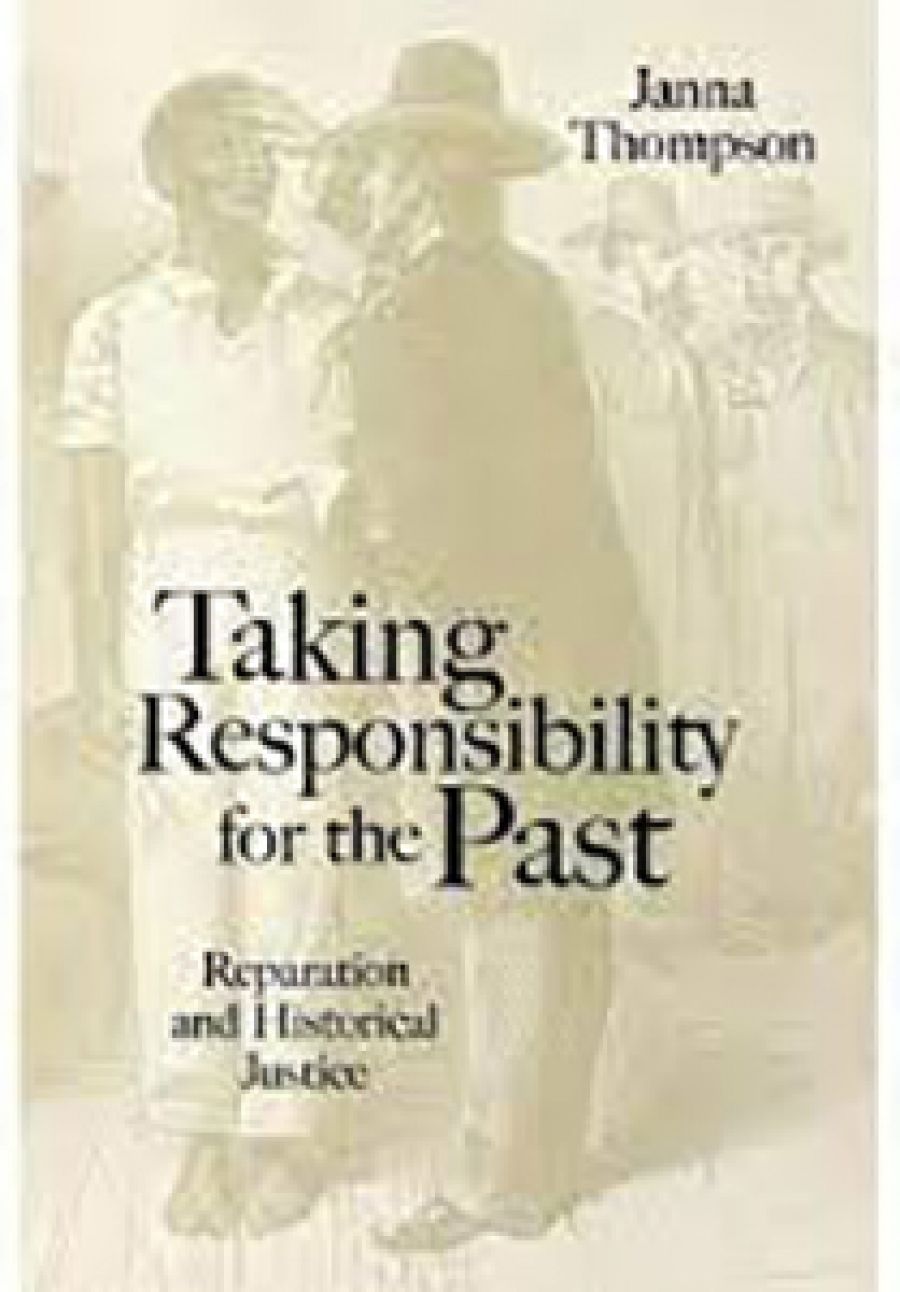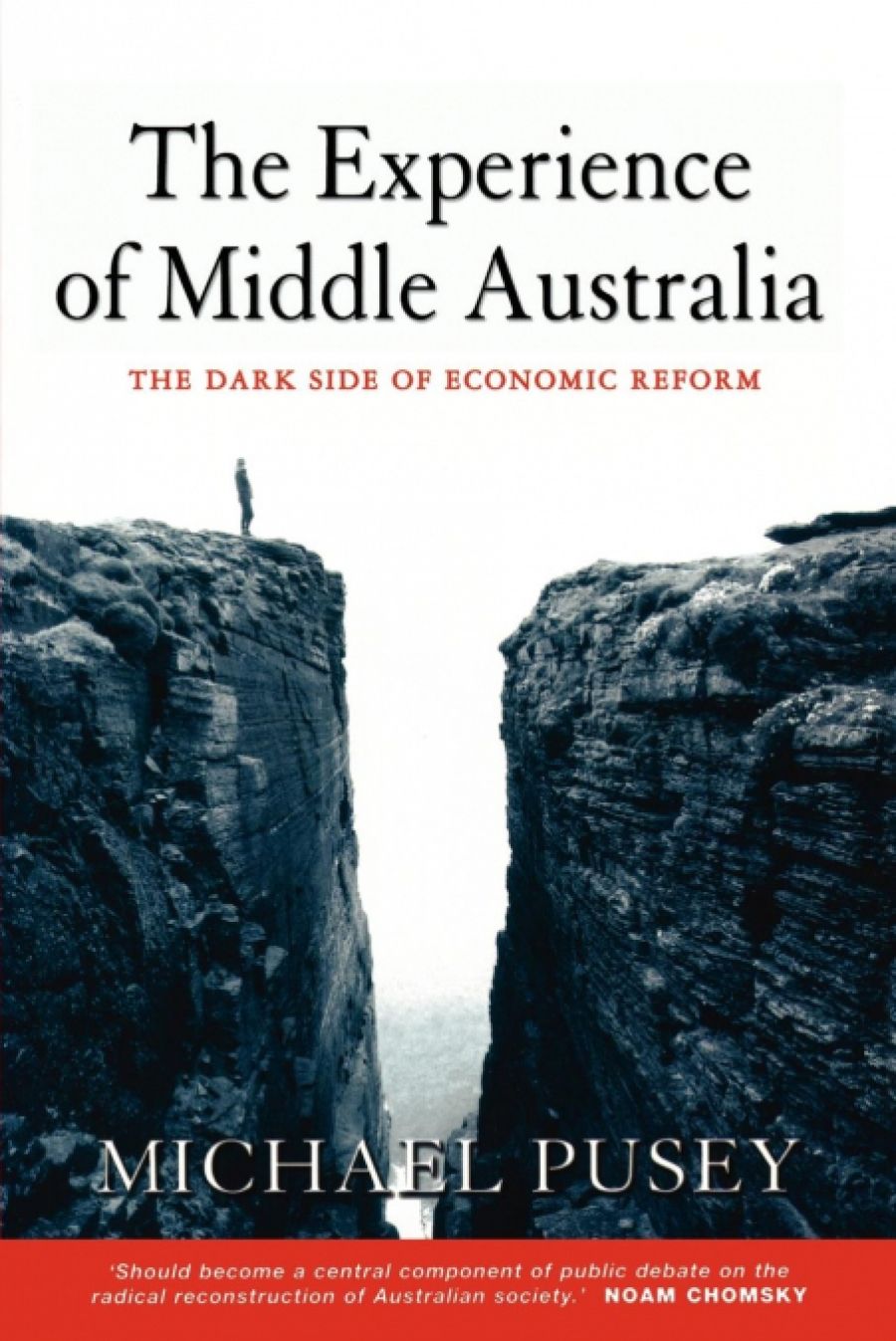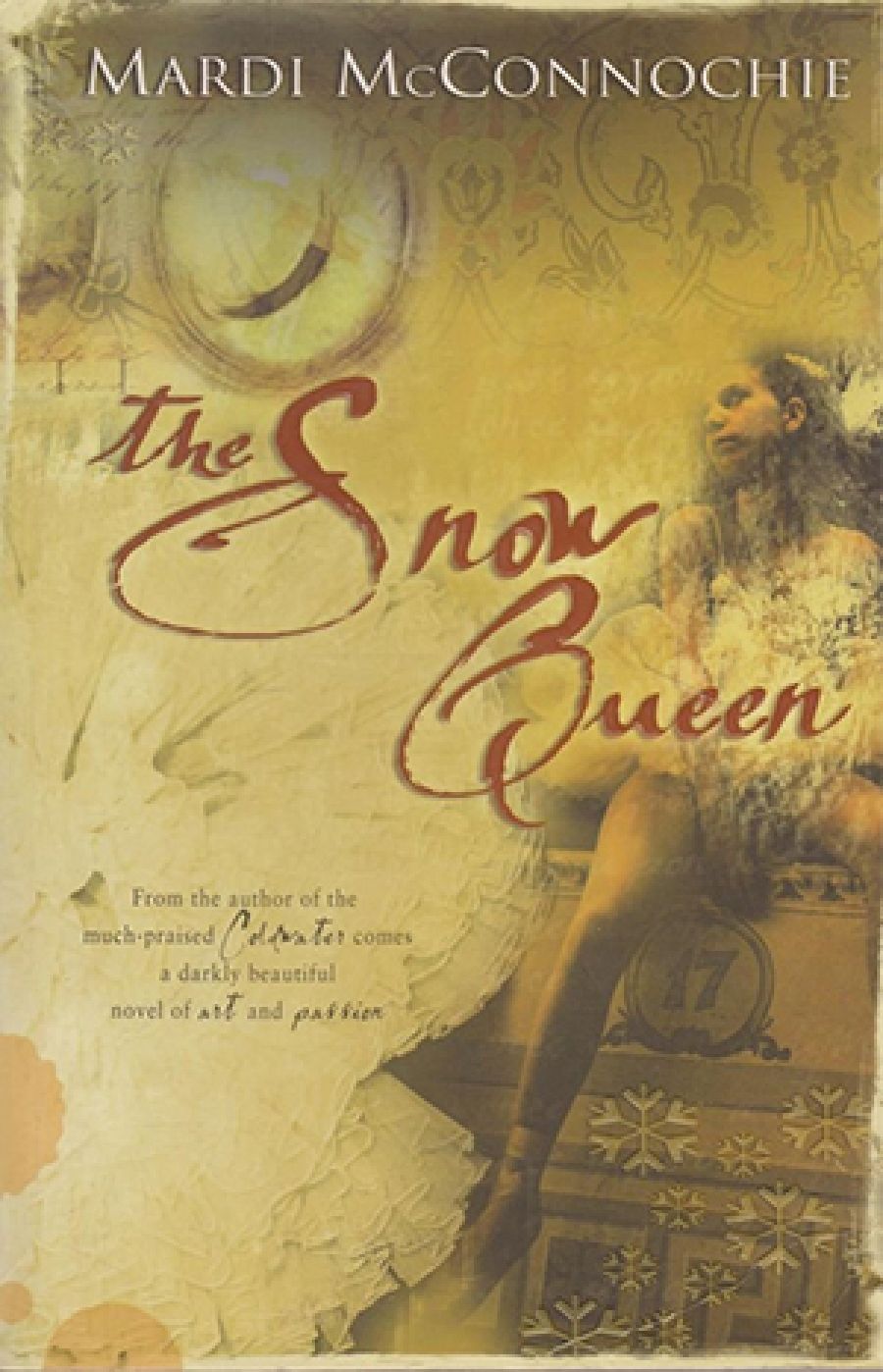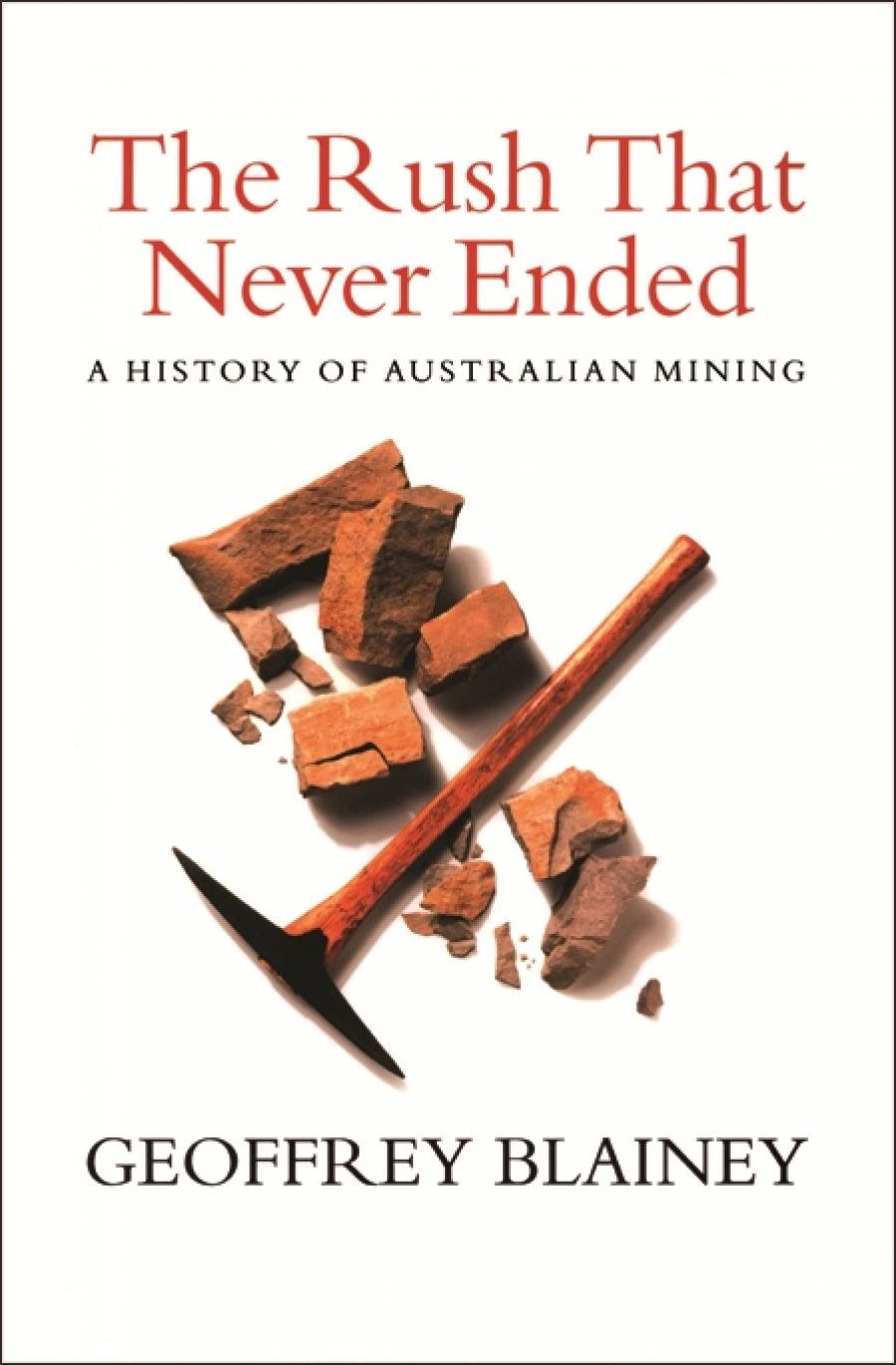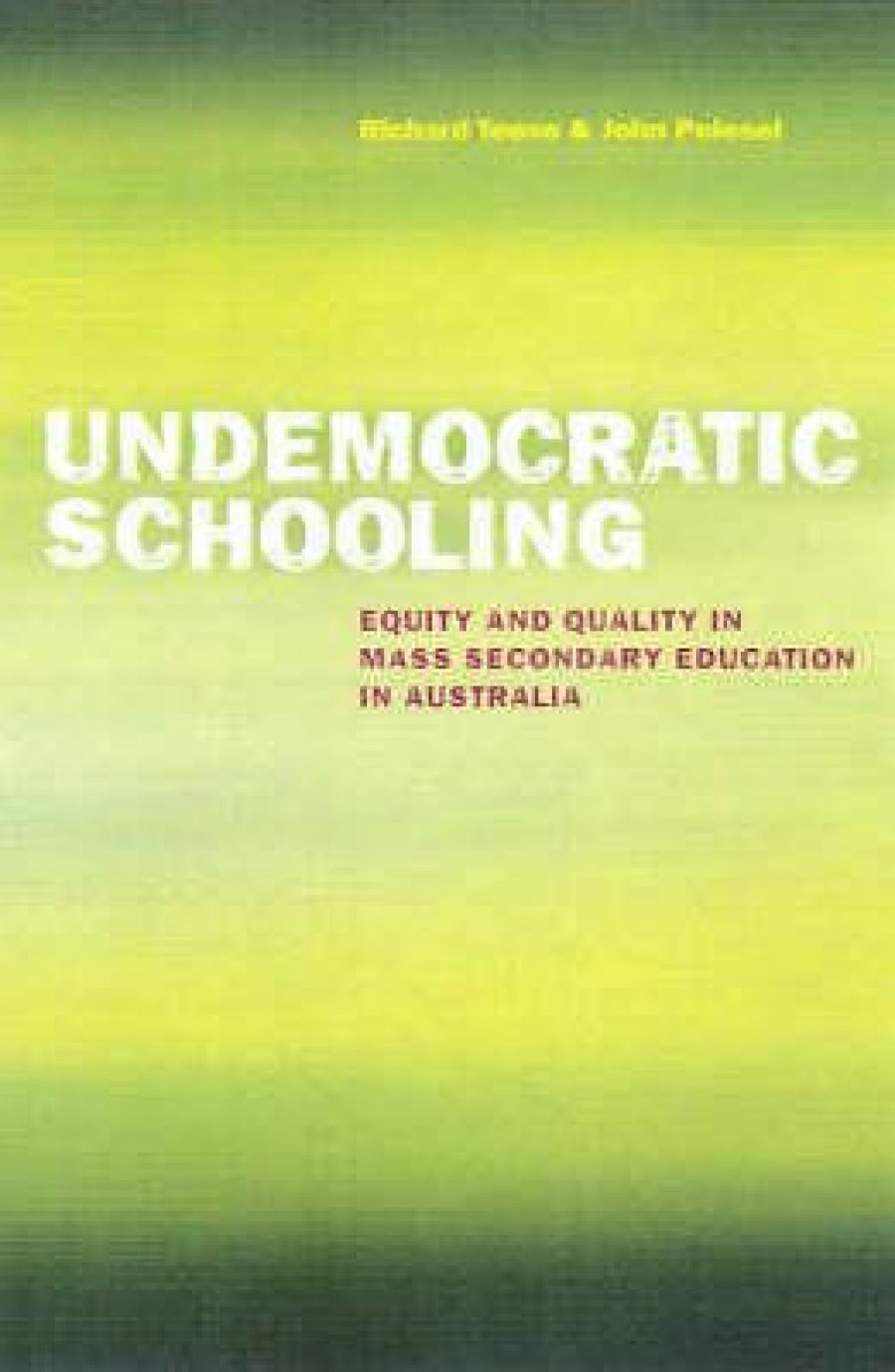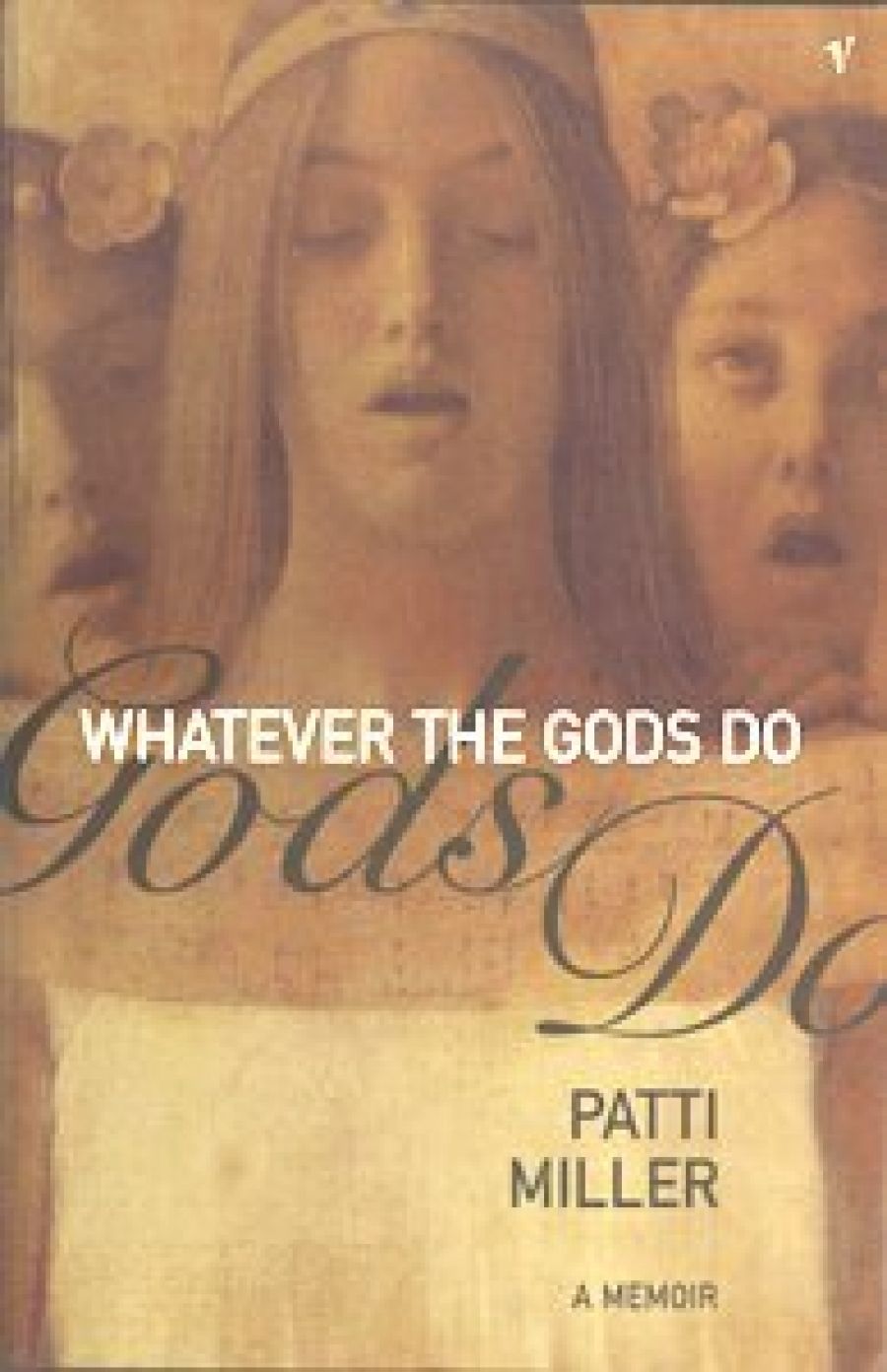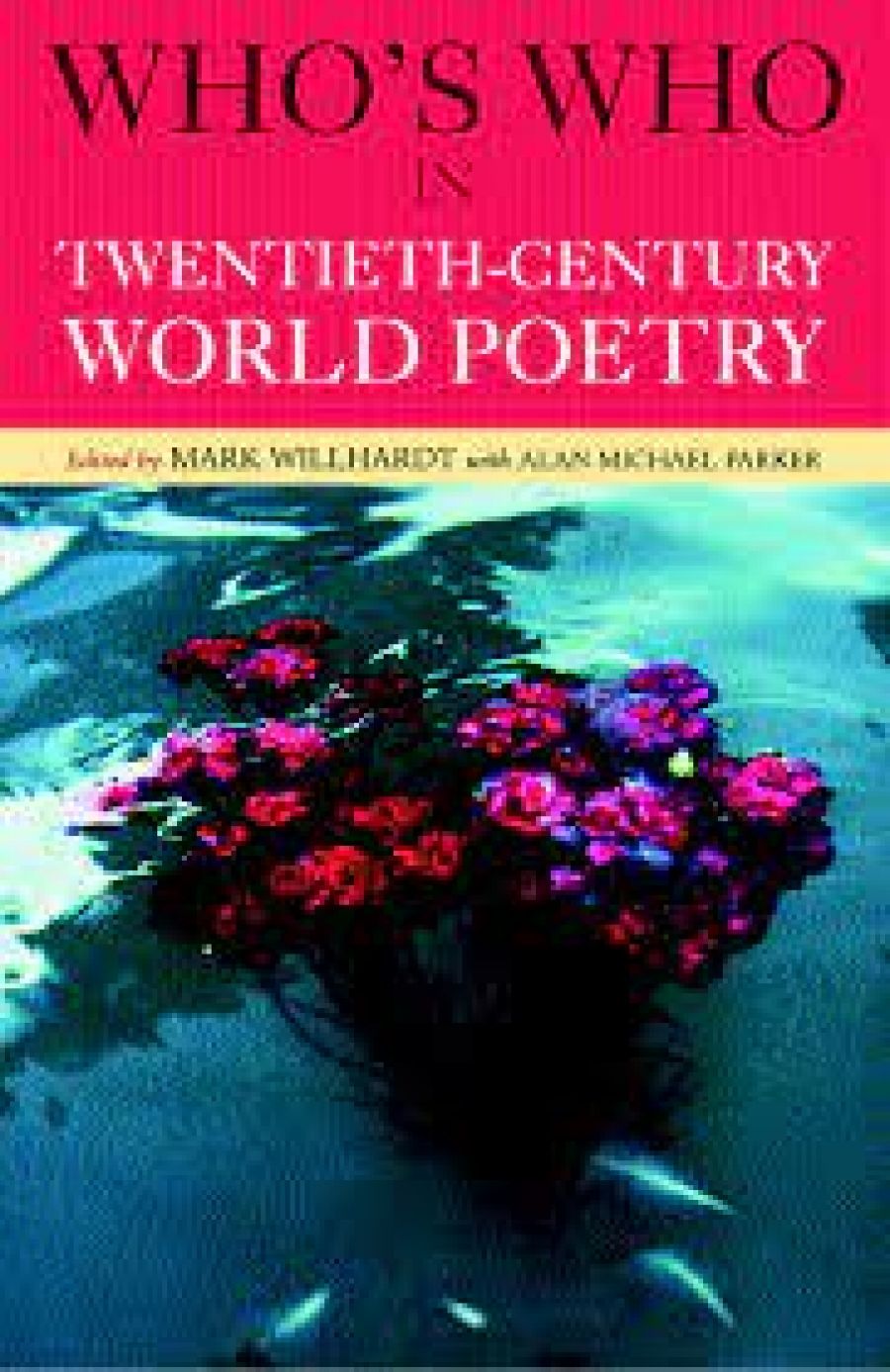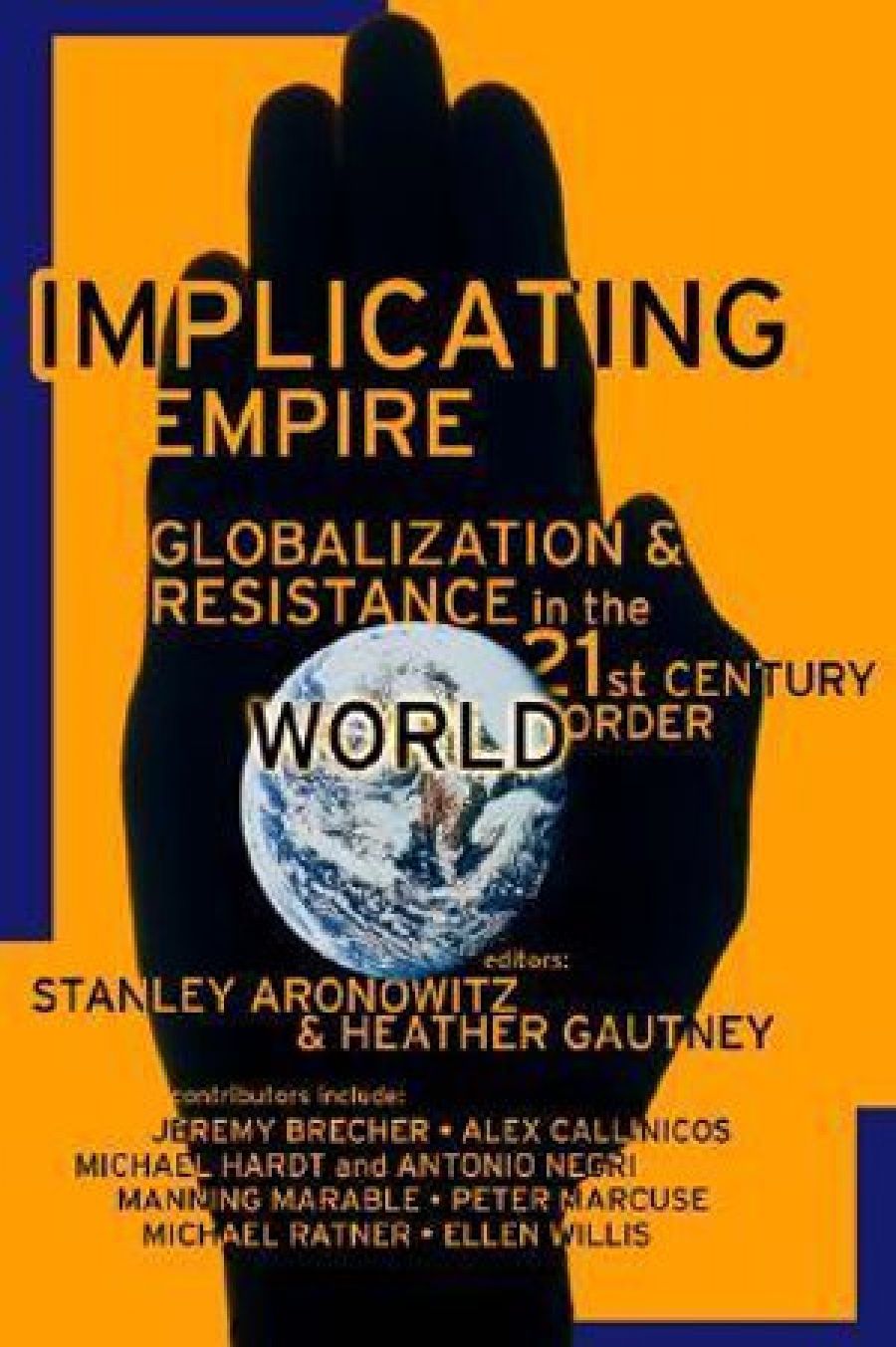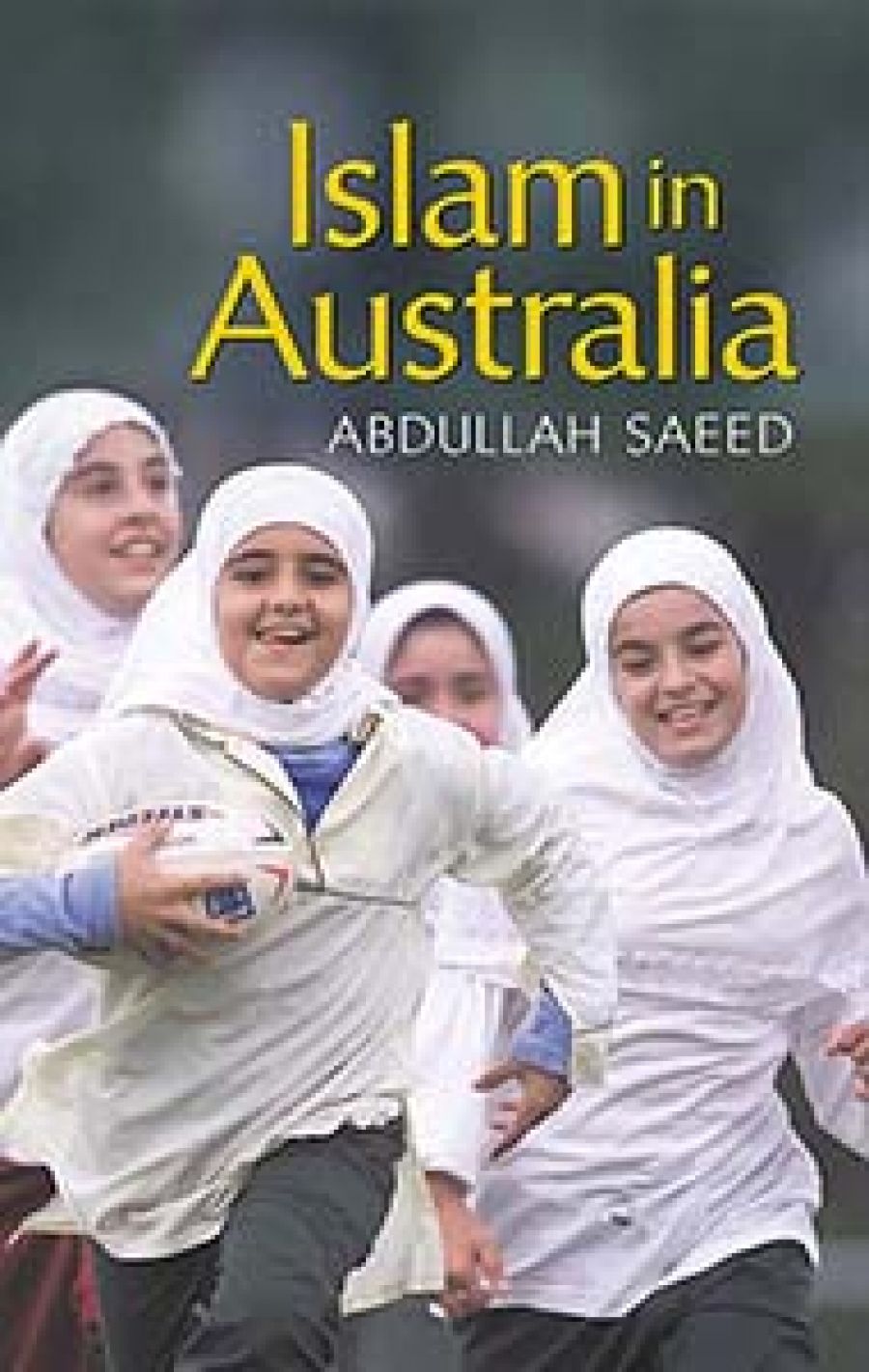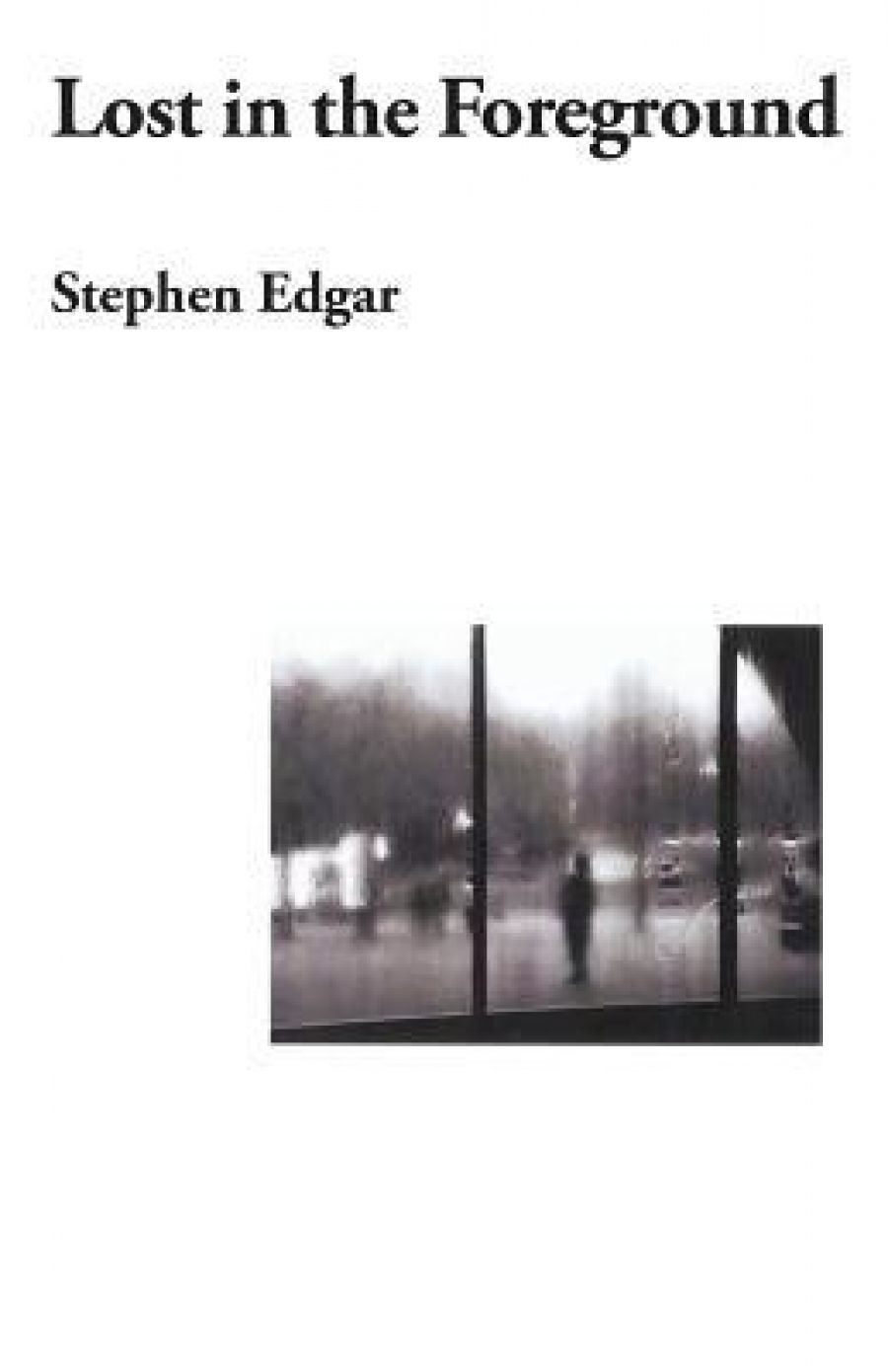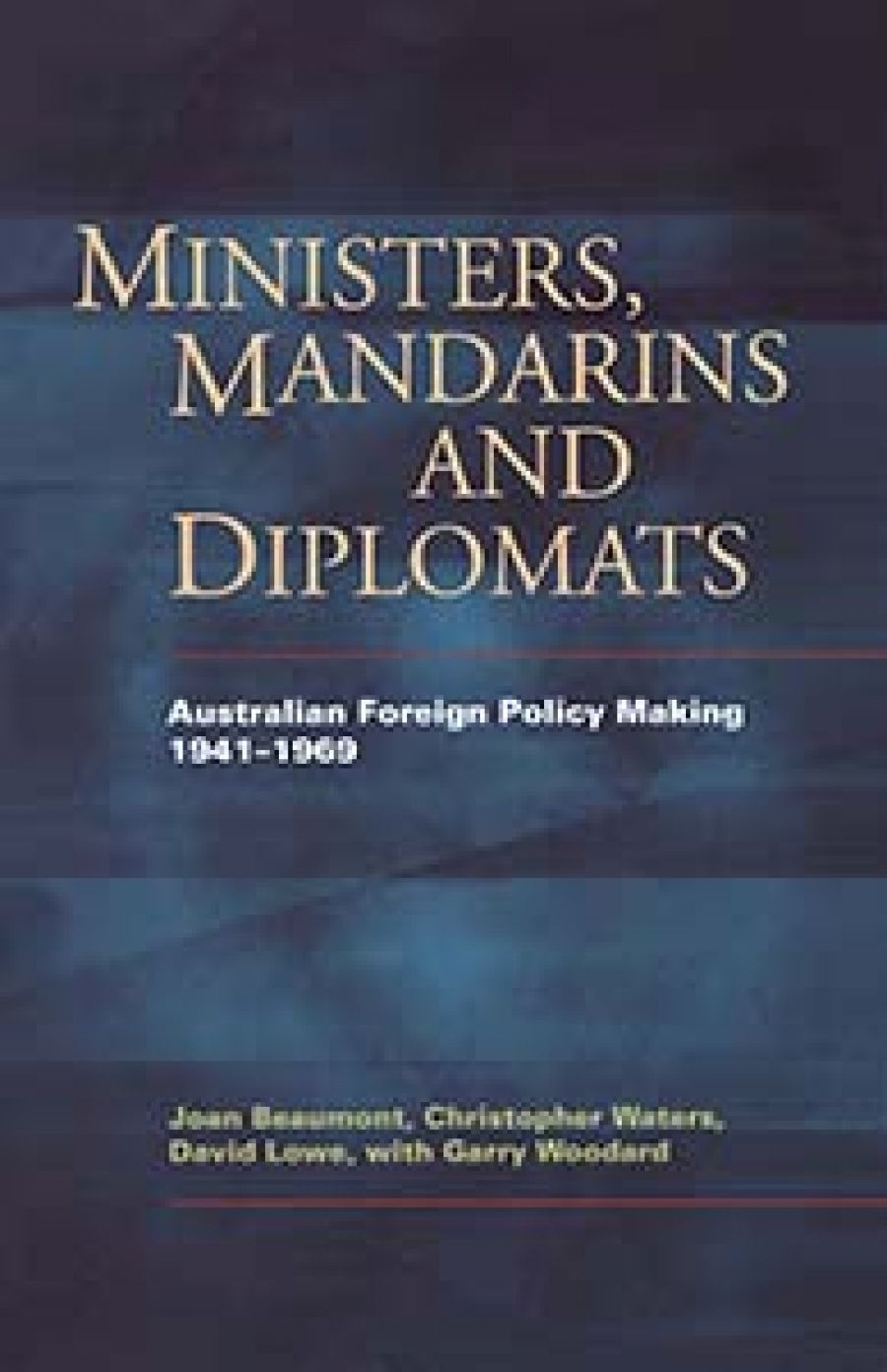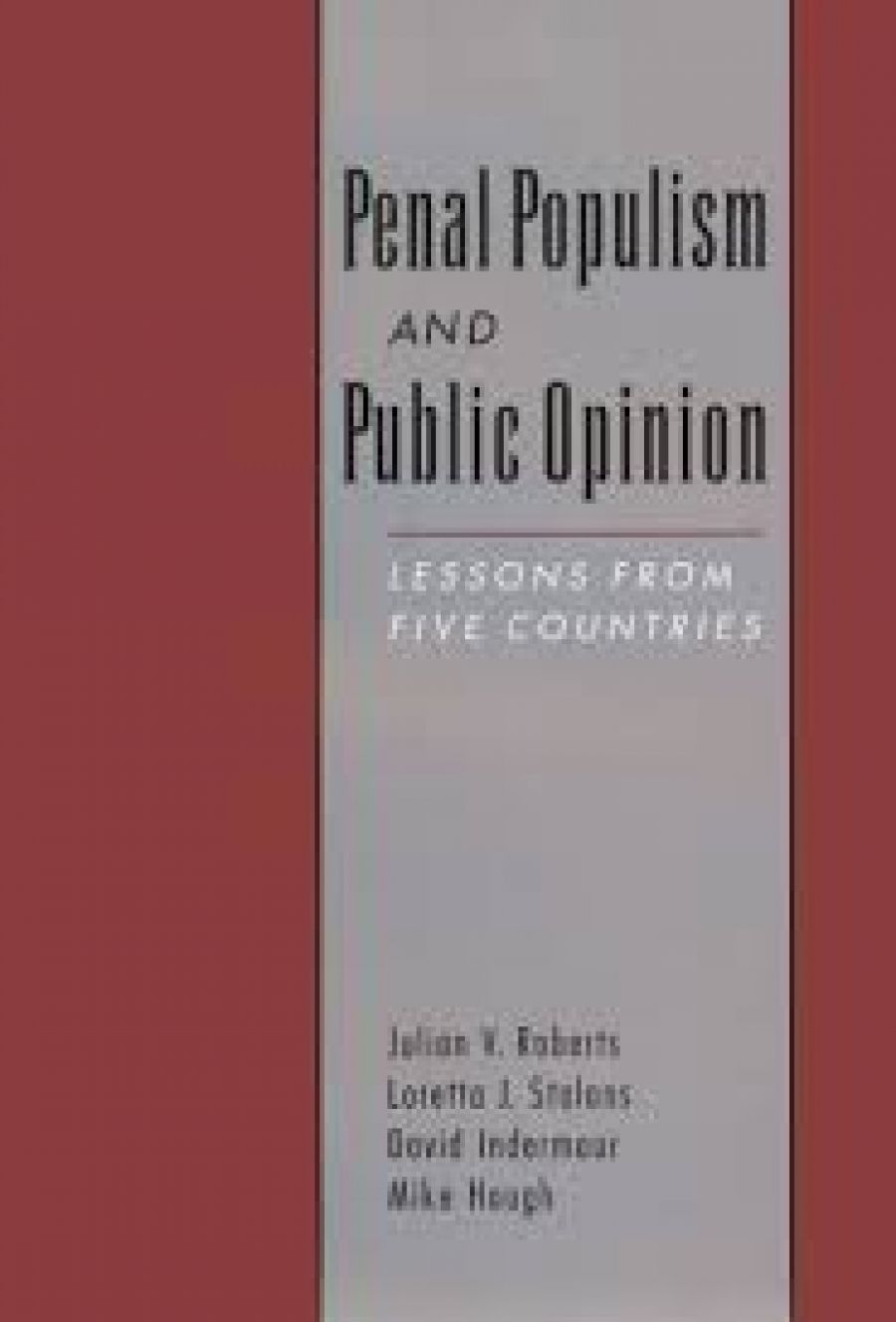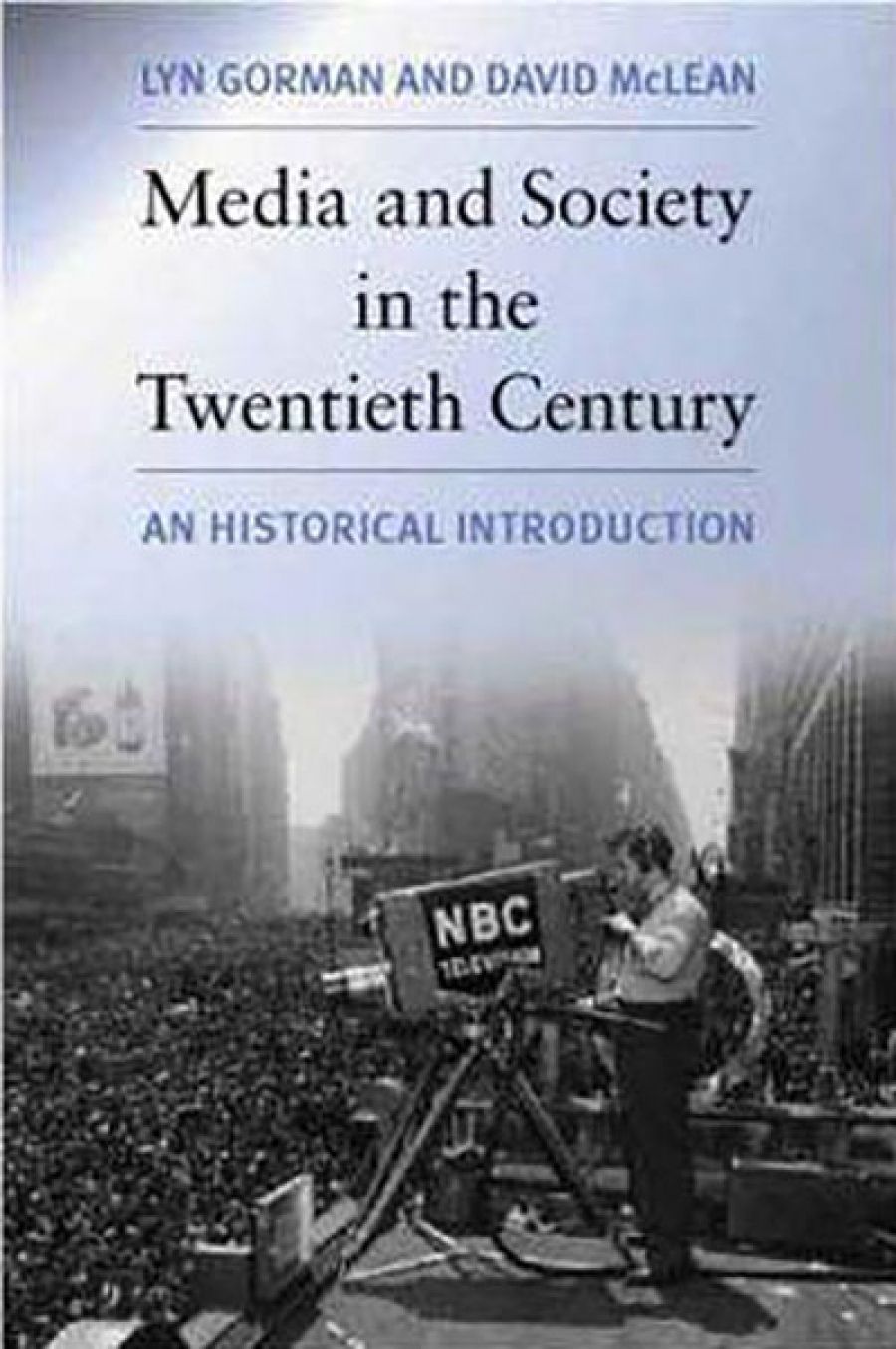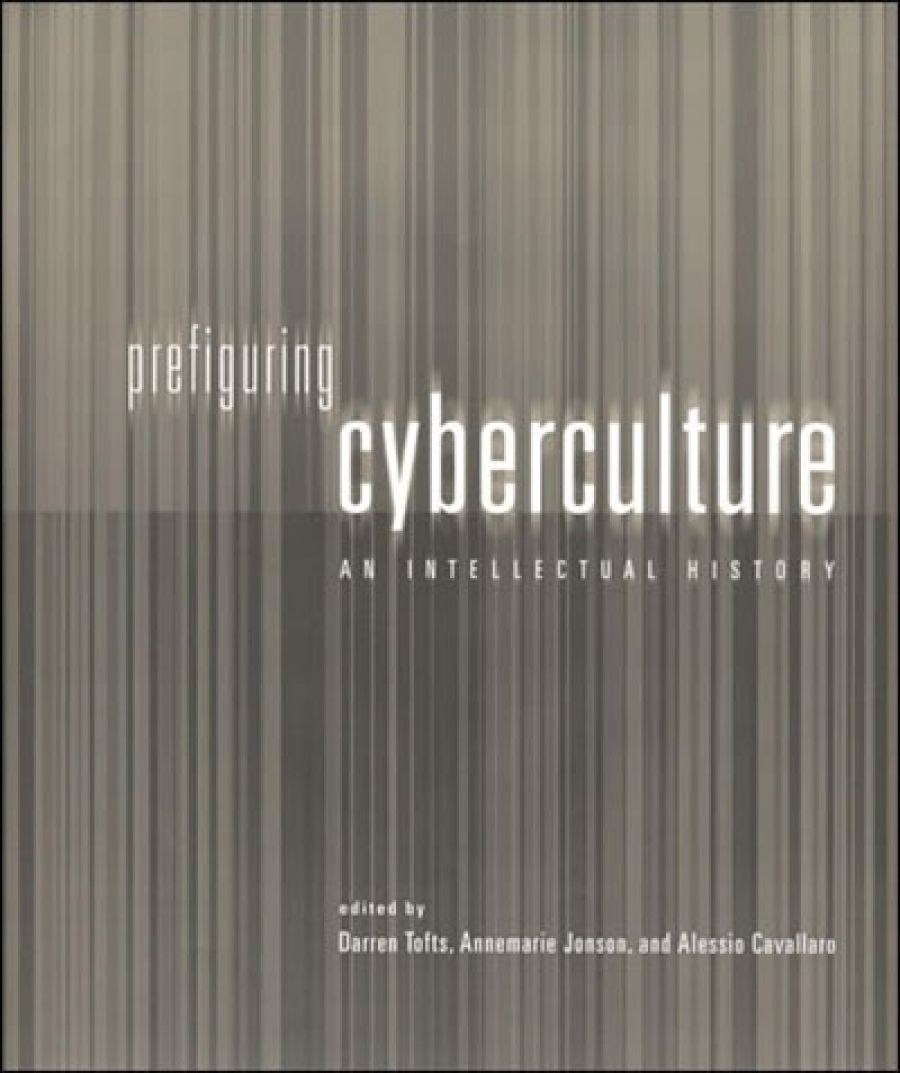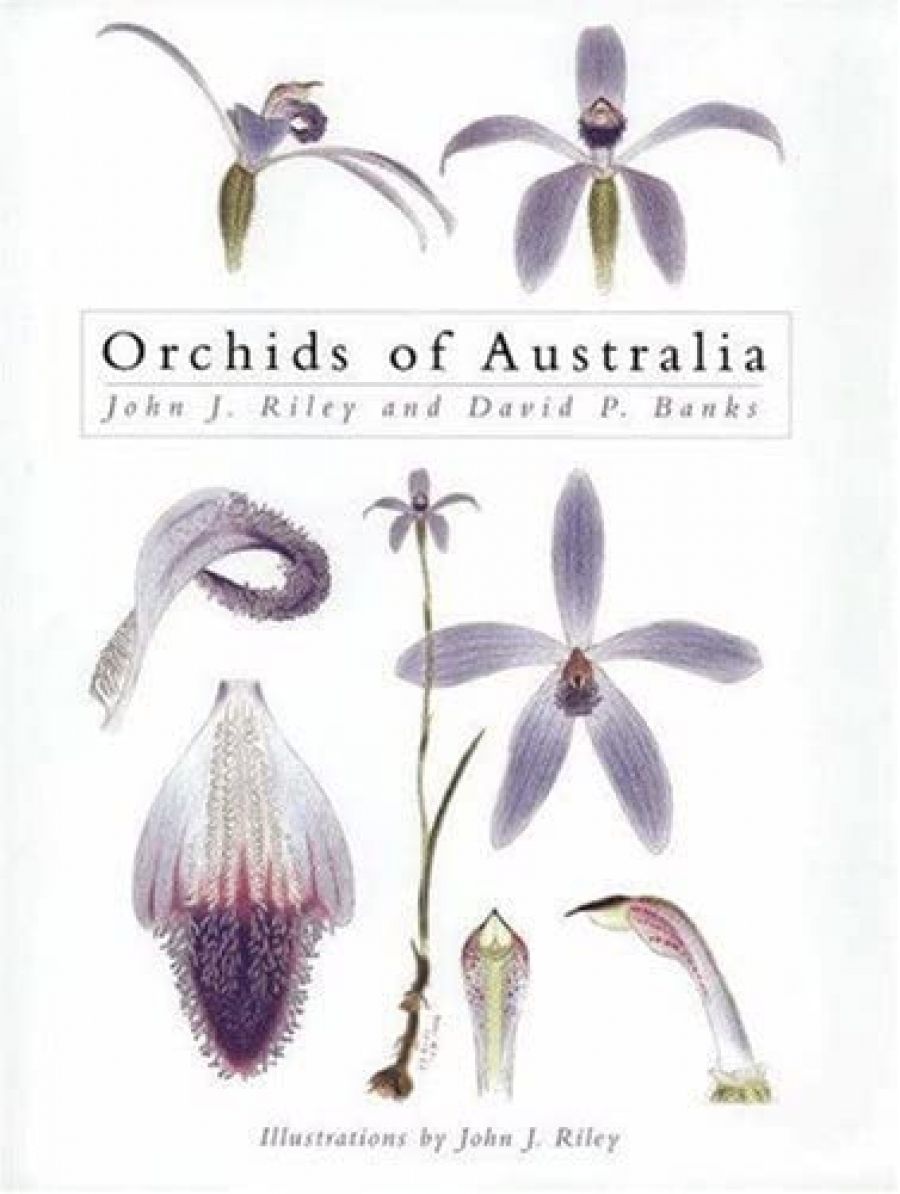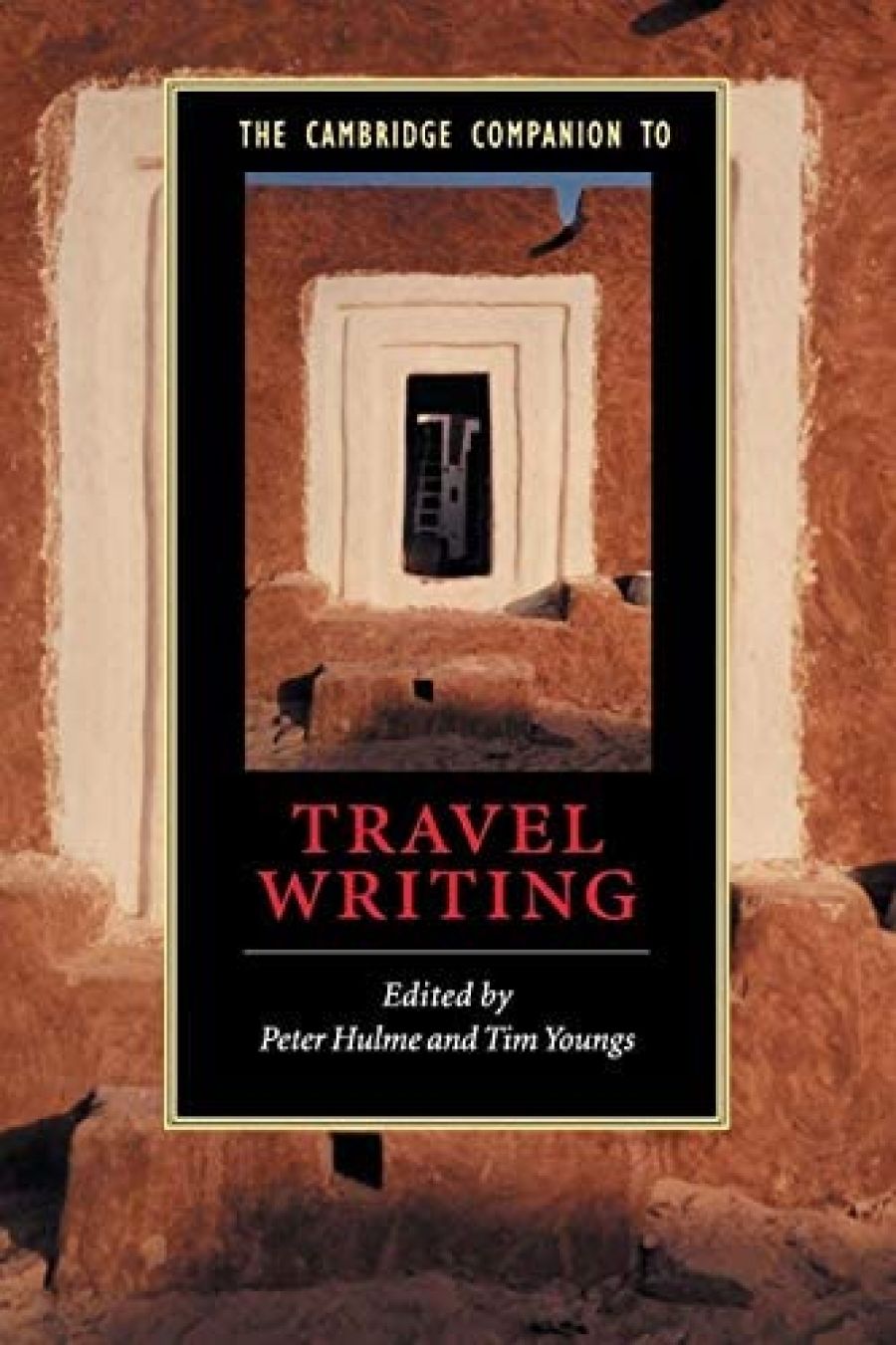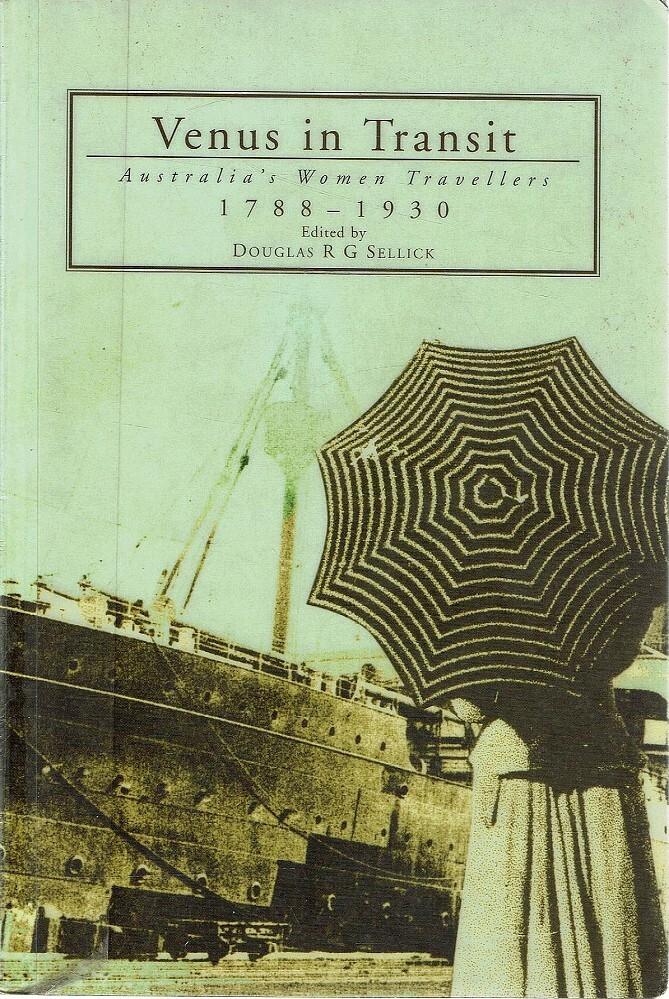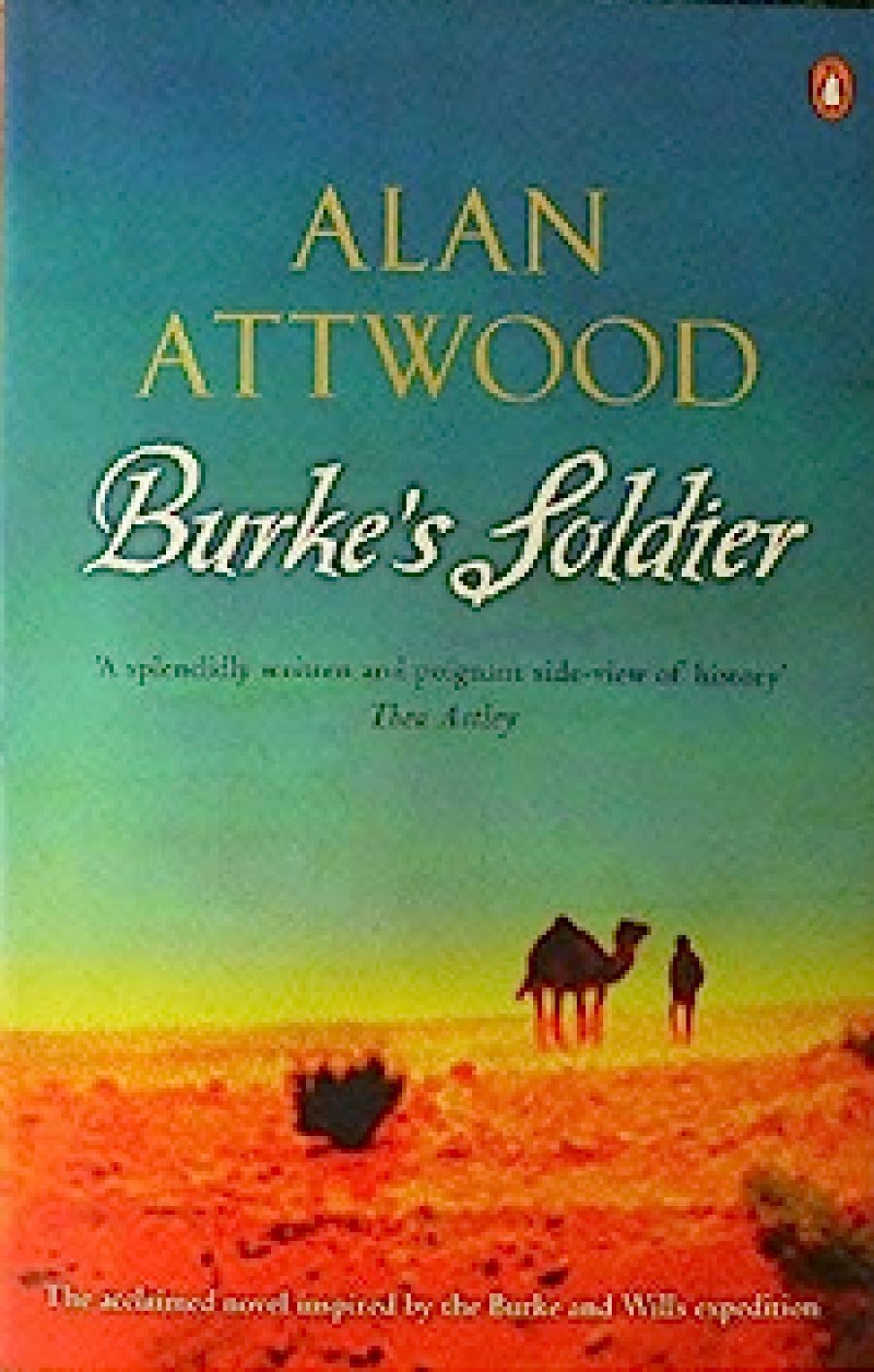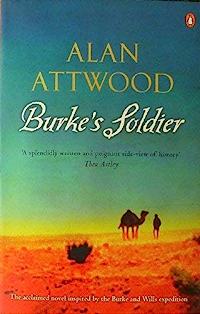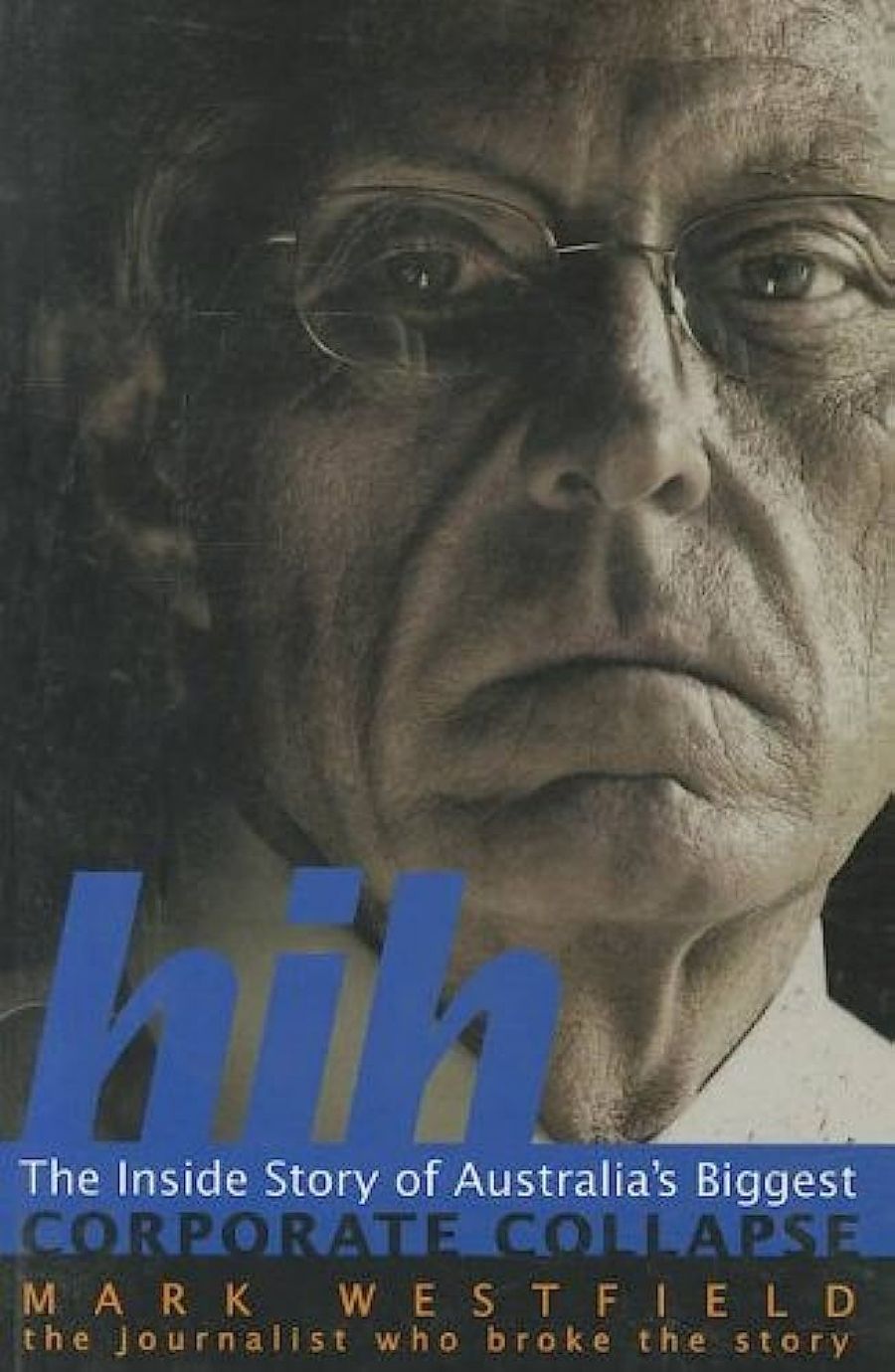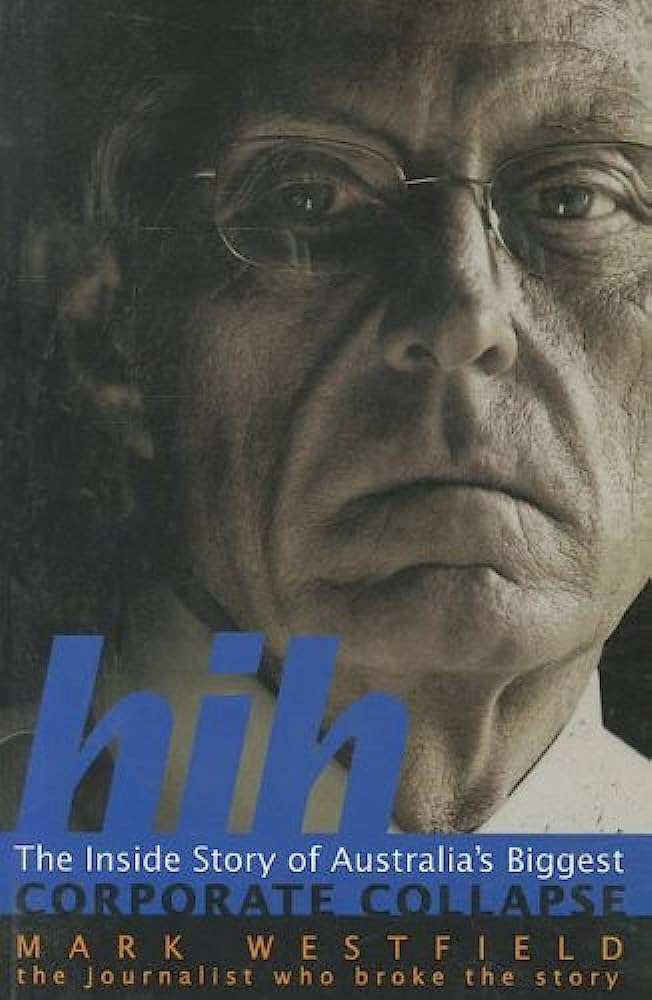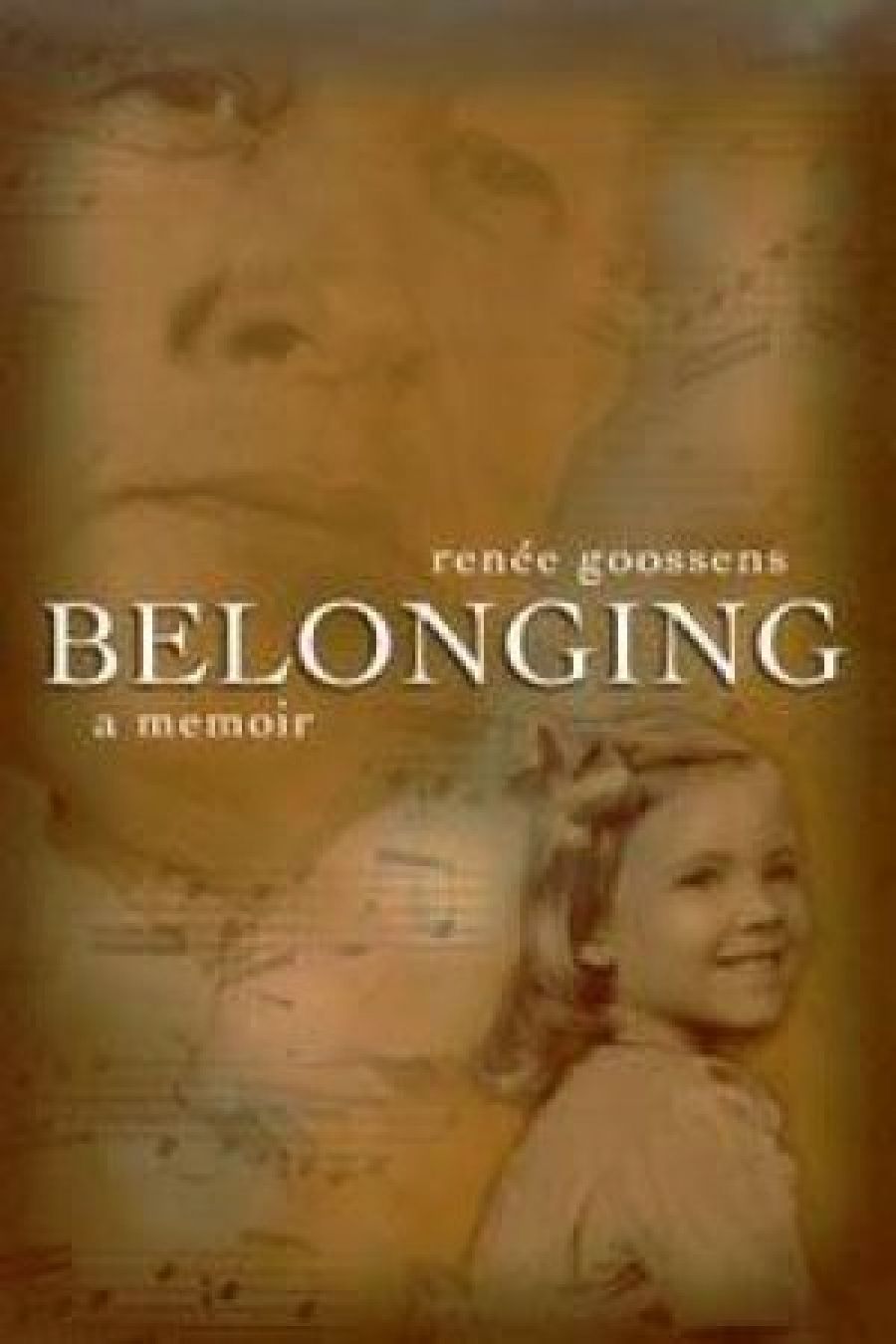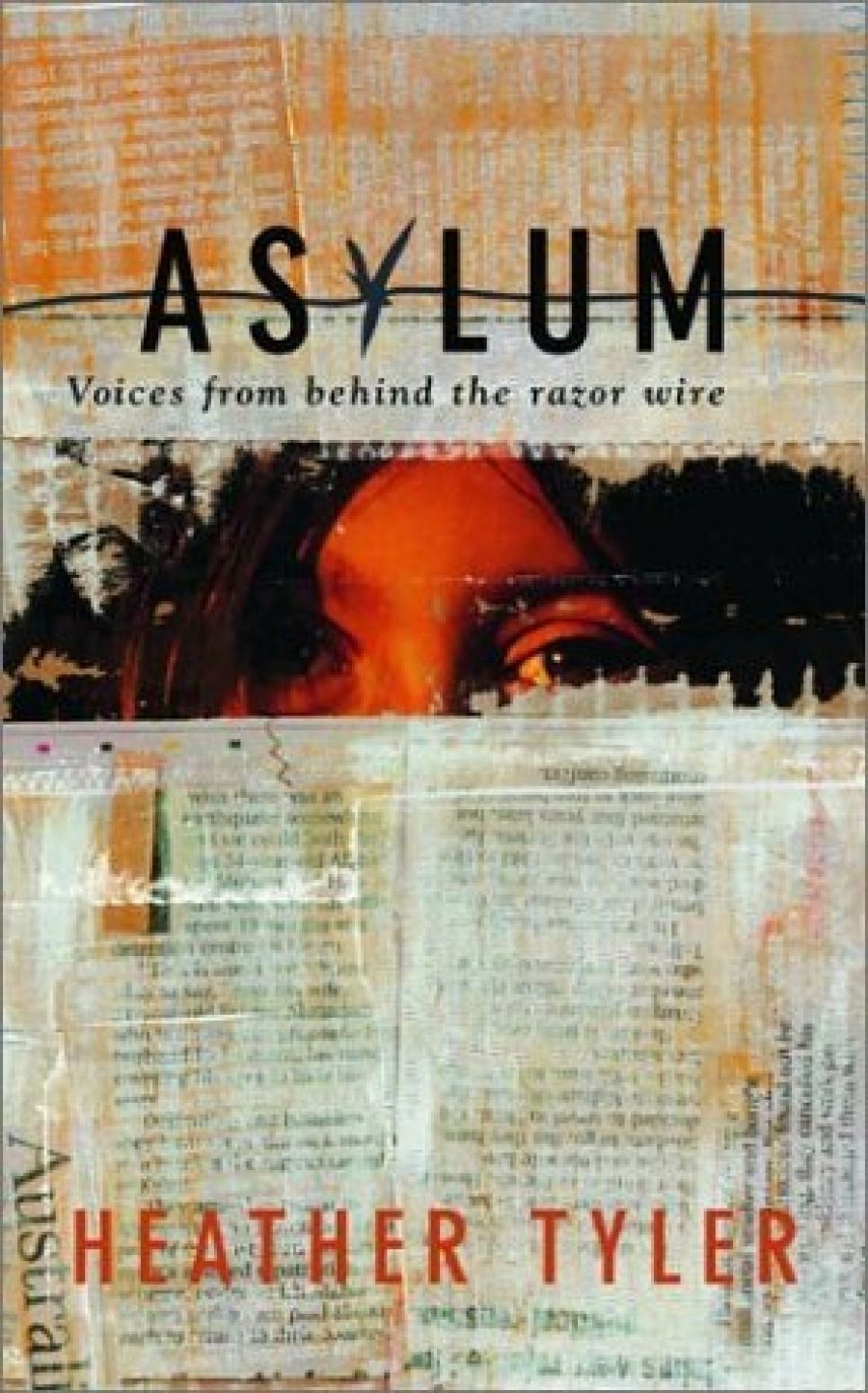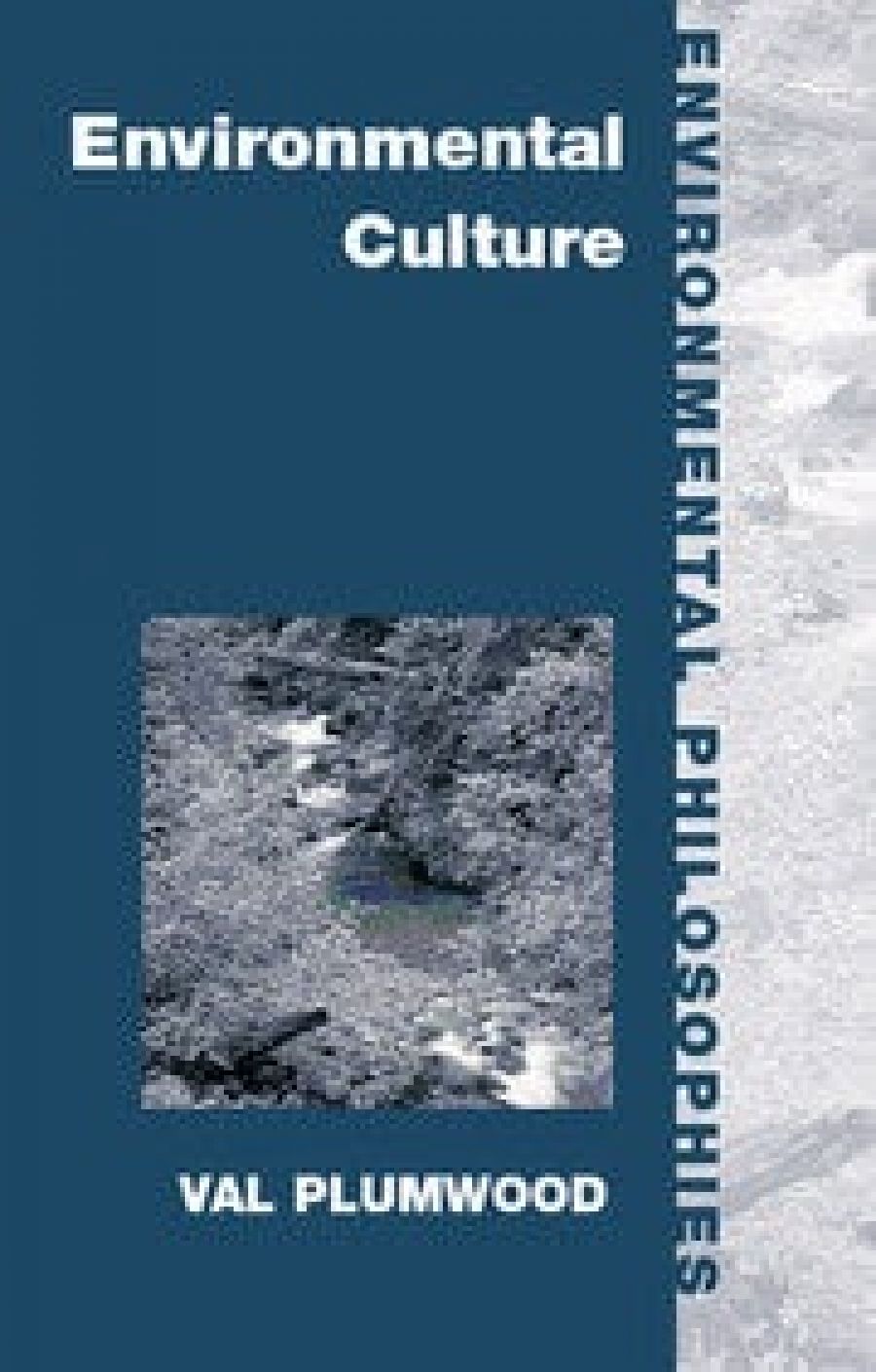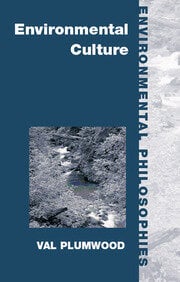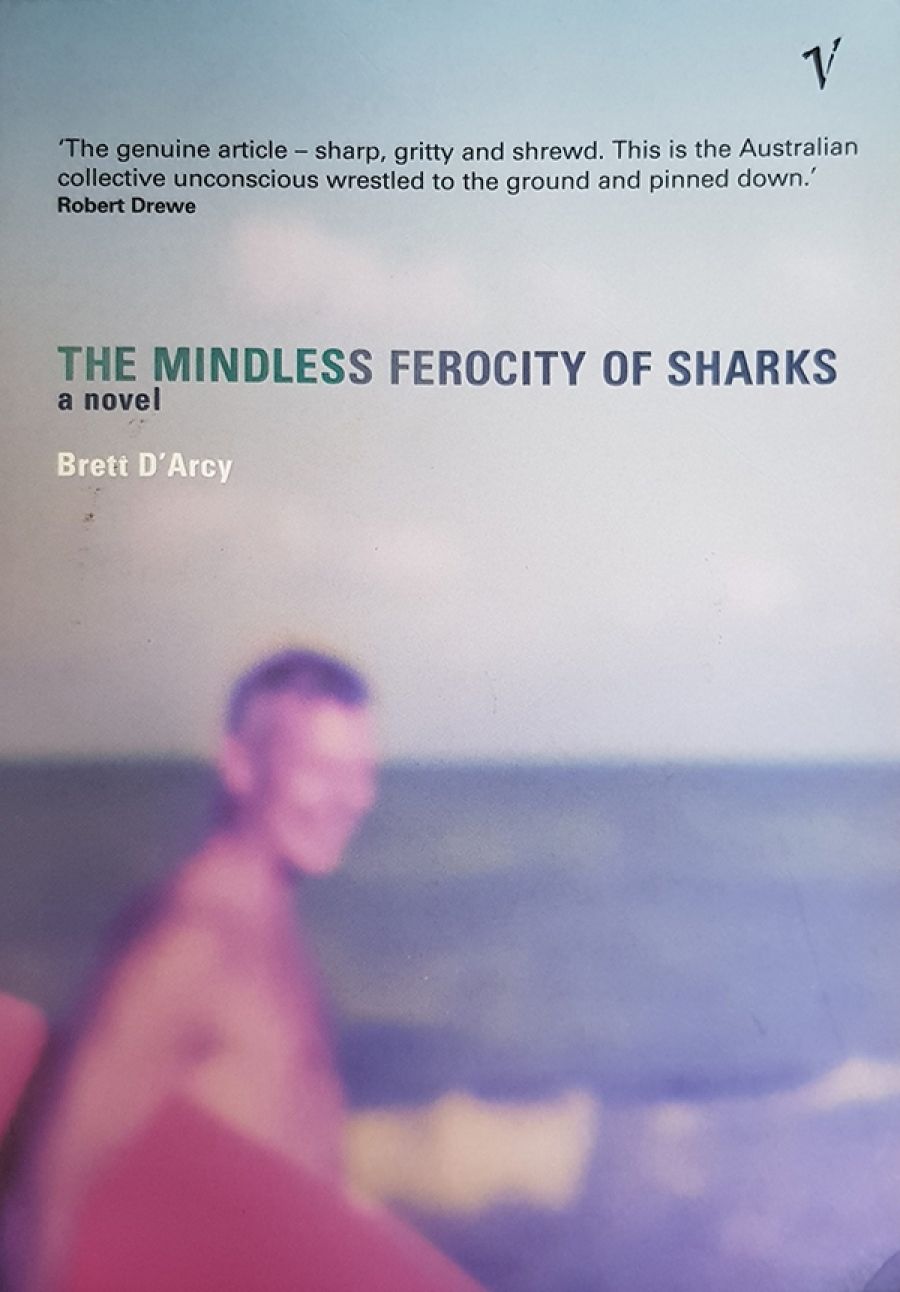
- Free Article: No
- Contents Category: Fiction
- Review Article: Yes
- Online Only: No
- Custom Highlight Text:
Brett D’Arcy’s novel, arrestingly titled The Mindless Ferocity of Sharks, is one of the most unusual and accomplished to be published in Australia for years. The setting is a decaying town called the Bay on the coast of Western Australia, south of Perth. Its abattoir and tanneries have long since closed. The locals are sufficiently hostile to have fended off development – so far. They endure the summer invasion of the ‘townies’ who come for the great surfing. During the rest of the year, they enjoy it without interruption.
- Book 1 Title: The Mindless Ferocity of Sharks
- Book 1 Biblio: Vintage, $22.95 pb, 300 pp
Brett D’Arcy’s novel, arrestingly titled The Mindless Ferocity of Sharks, is one of the most unusual and accomplished to be published in Australia for years. The setting is a decaying town called the Bay on the coast of Western Australia, south of Perth. Its abattoir and tanneries have long since closed. The locals are sufficiently hostile to have fended off development – so far. They endure the summer invasion of the ‘townies’ who come for the great surfing. During the rest of the year, they enjoy it without interruption.
Their leader is the Old Man, who is, ‘where surf history is concerned, a final authority’, especially so with his layabout band of mates, the Cronies. D’Arcy concentrates on one strange family: Tom (the Old Man) and his wife, Adelaide, an older son Eddie, the infant Sal and Floaty-boy, the eleven-year-old from whose point of view the story is told. Floaty-boy is afflicted with ‘some imbalance in his head’. From time to time, he ‘suffers a gap’, feels himself ‘slipping into a vacancy’. To his father’s astonishment and chagrin, he won’t surf with a board. School is a pointless blur to him. His talent is with cameras, although when his mother says, ‘It’s all feel with you’, he resents her hexing with words that which he does instinctively.
Read more: Peter Pierce reviews 'The Mindless Ferocity of Sharks' by Brett D’Arcy
Write comment (0 Comments)

